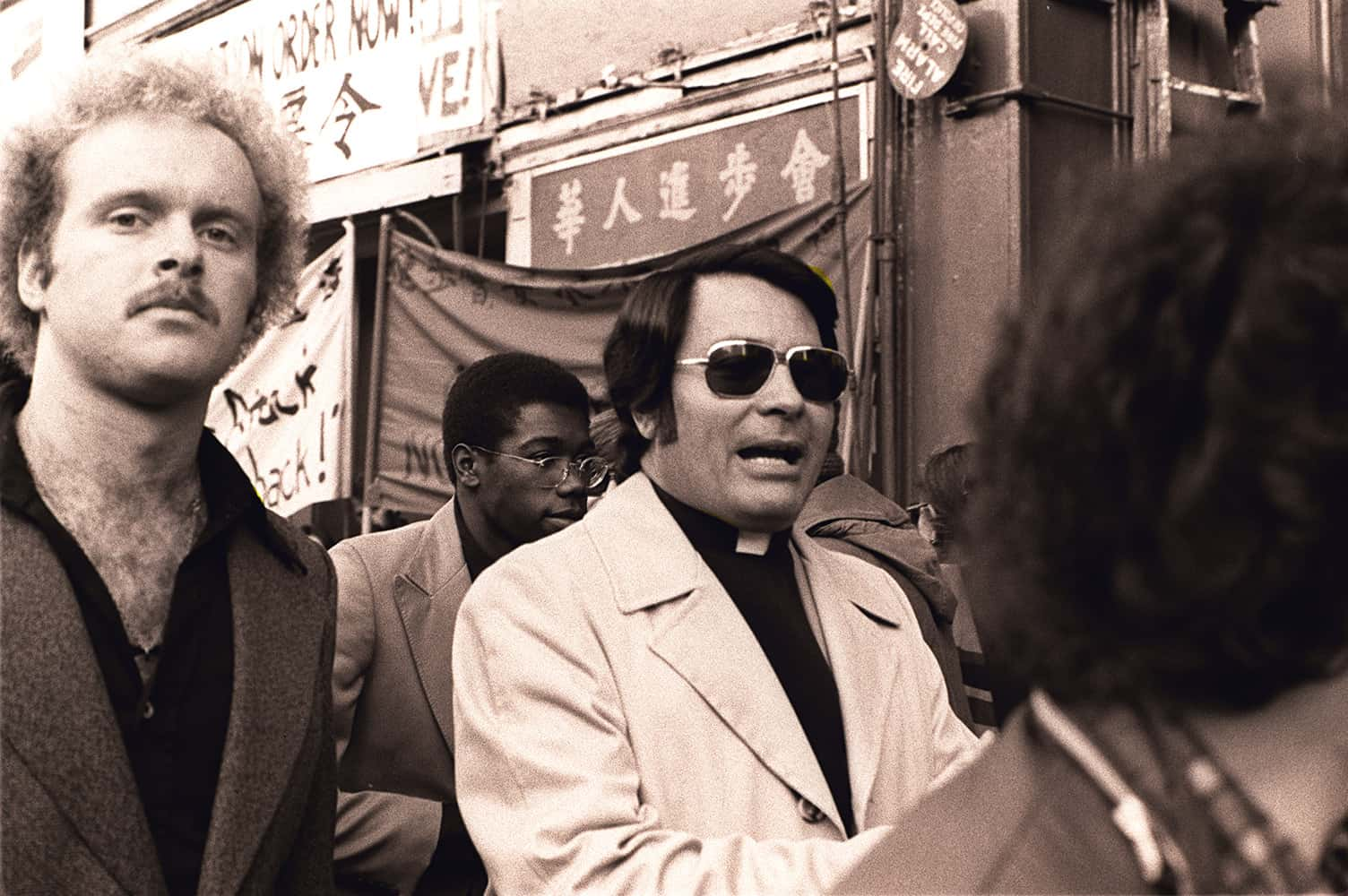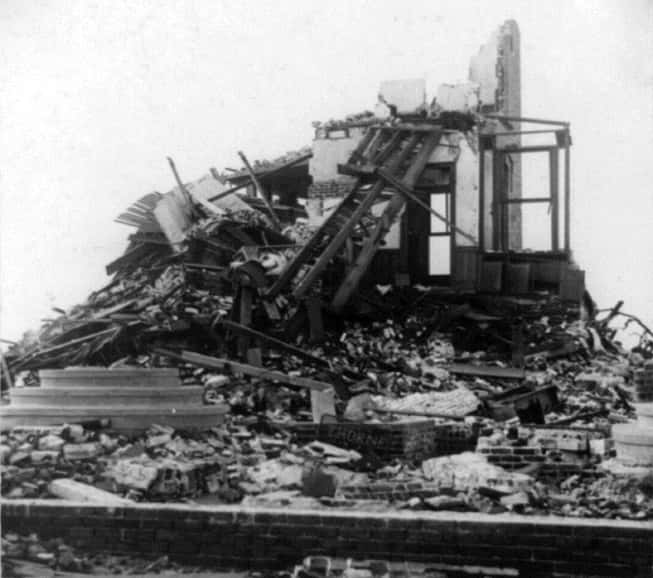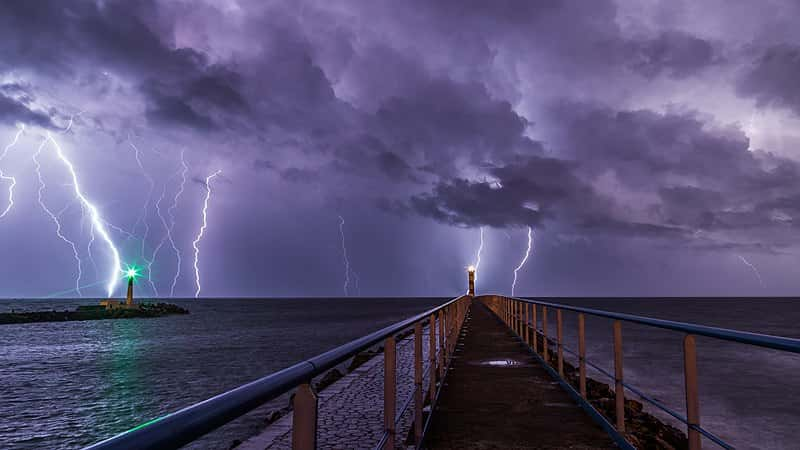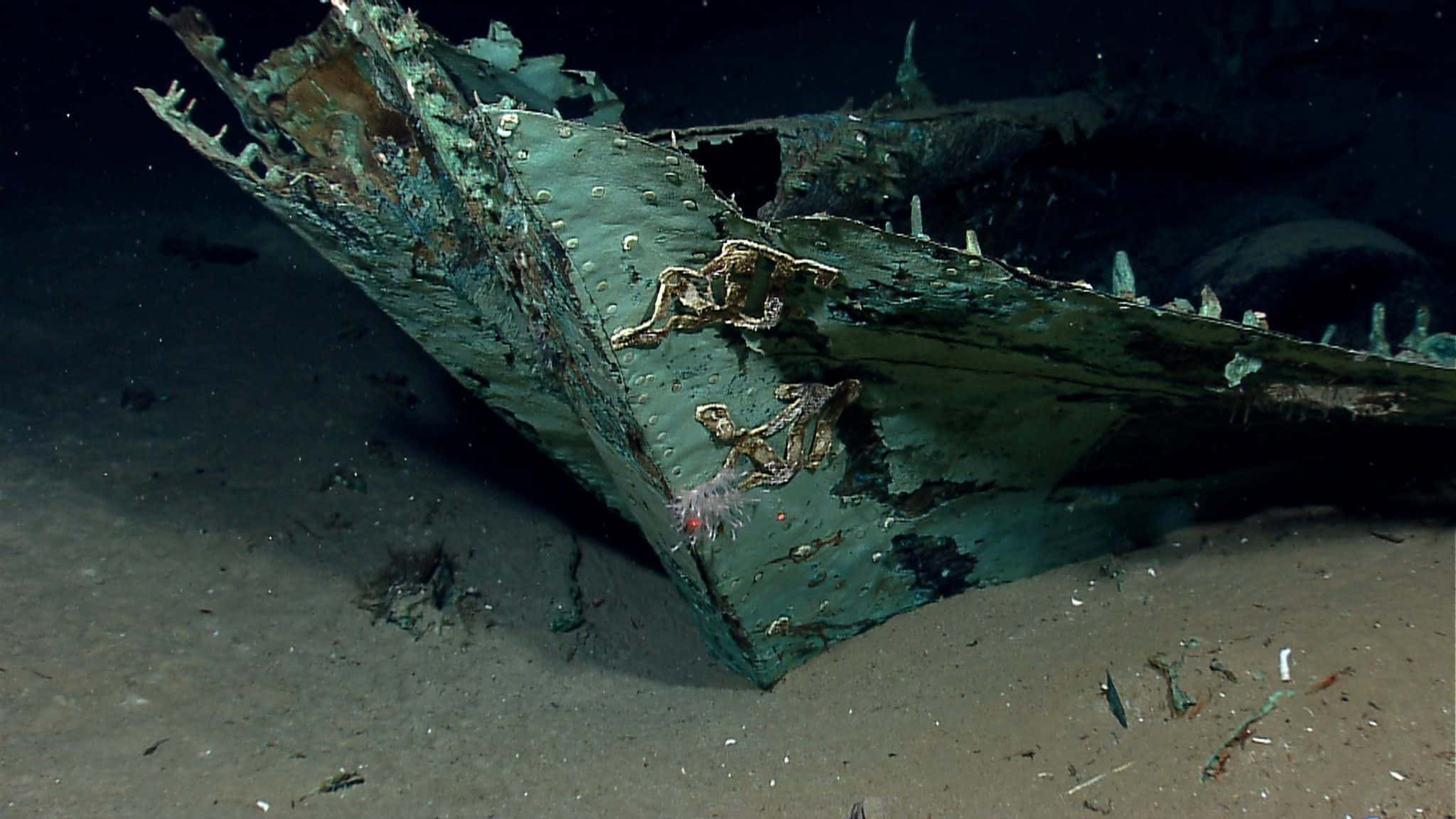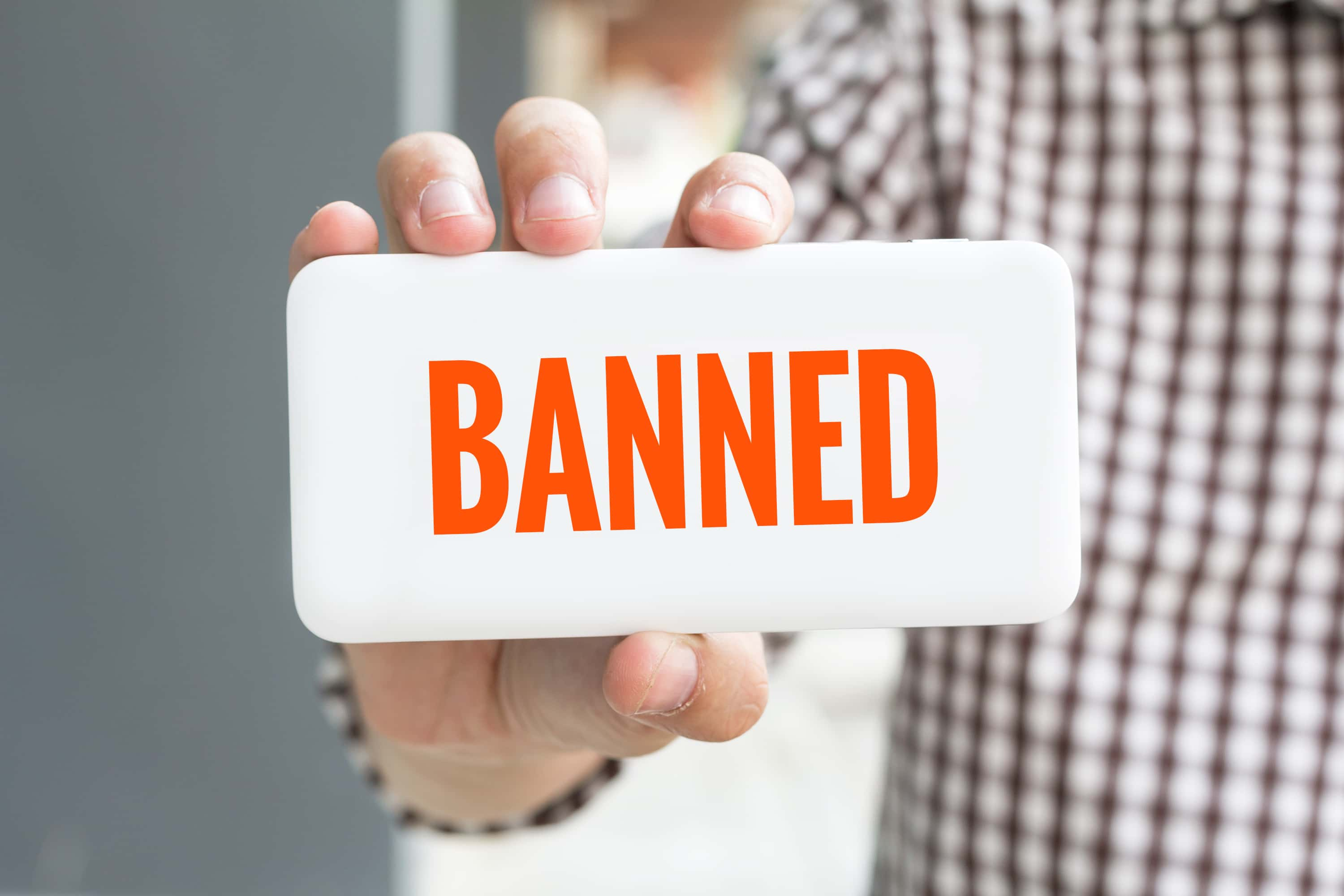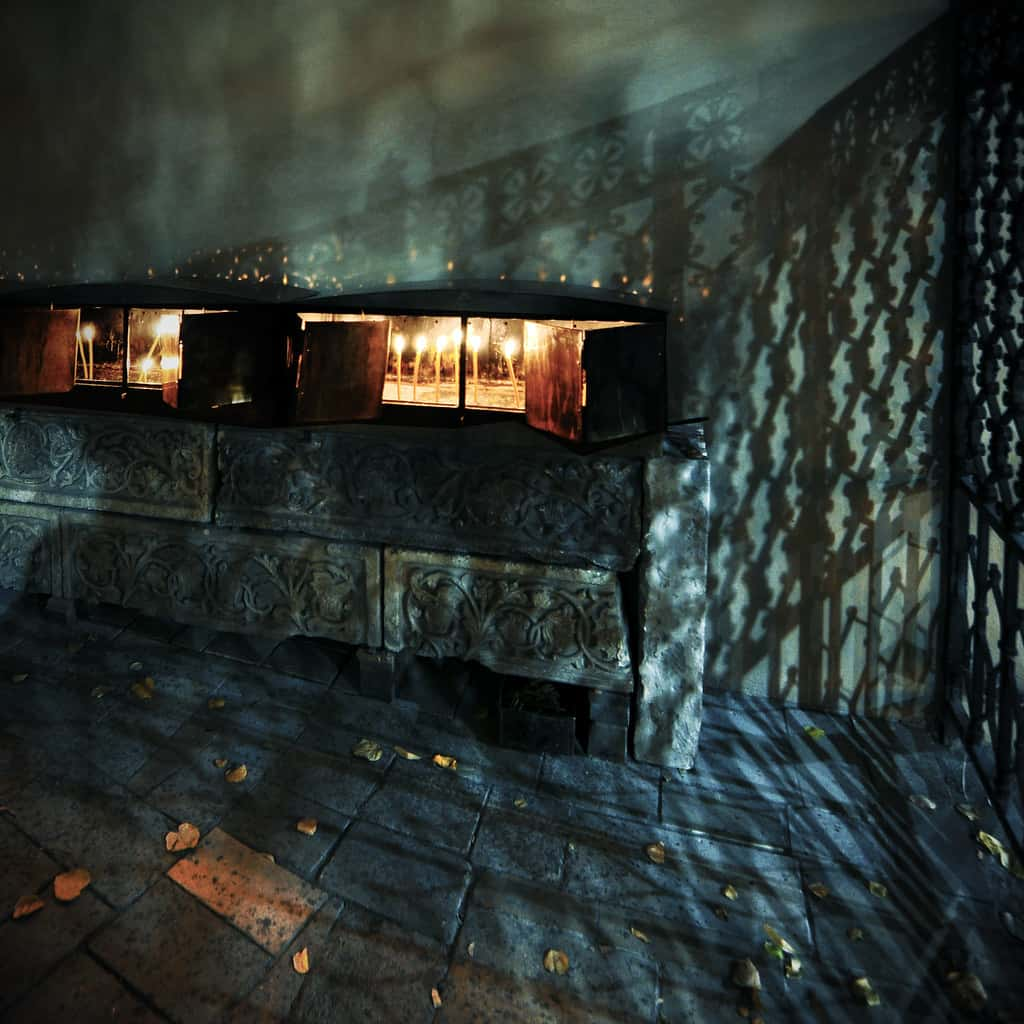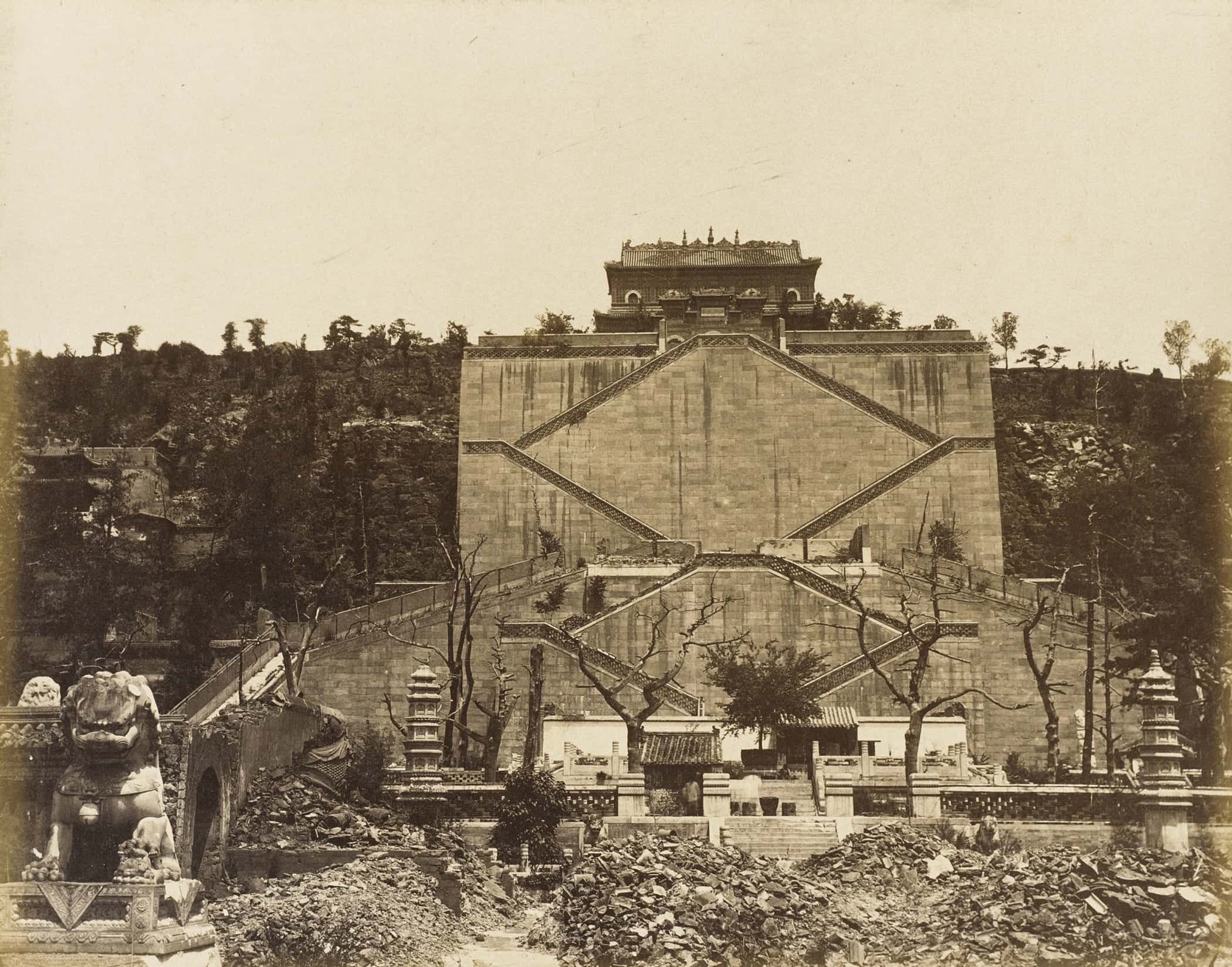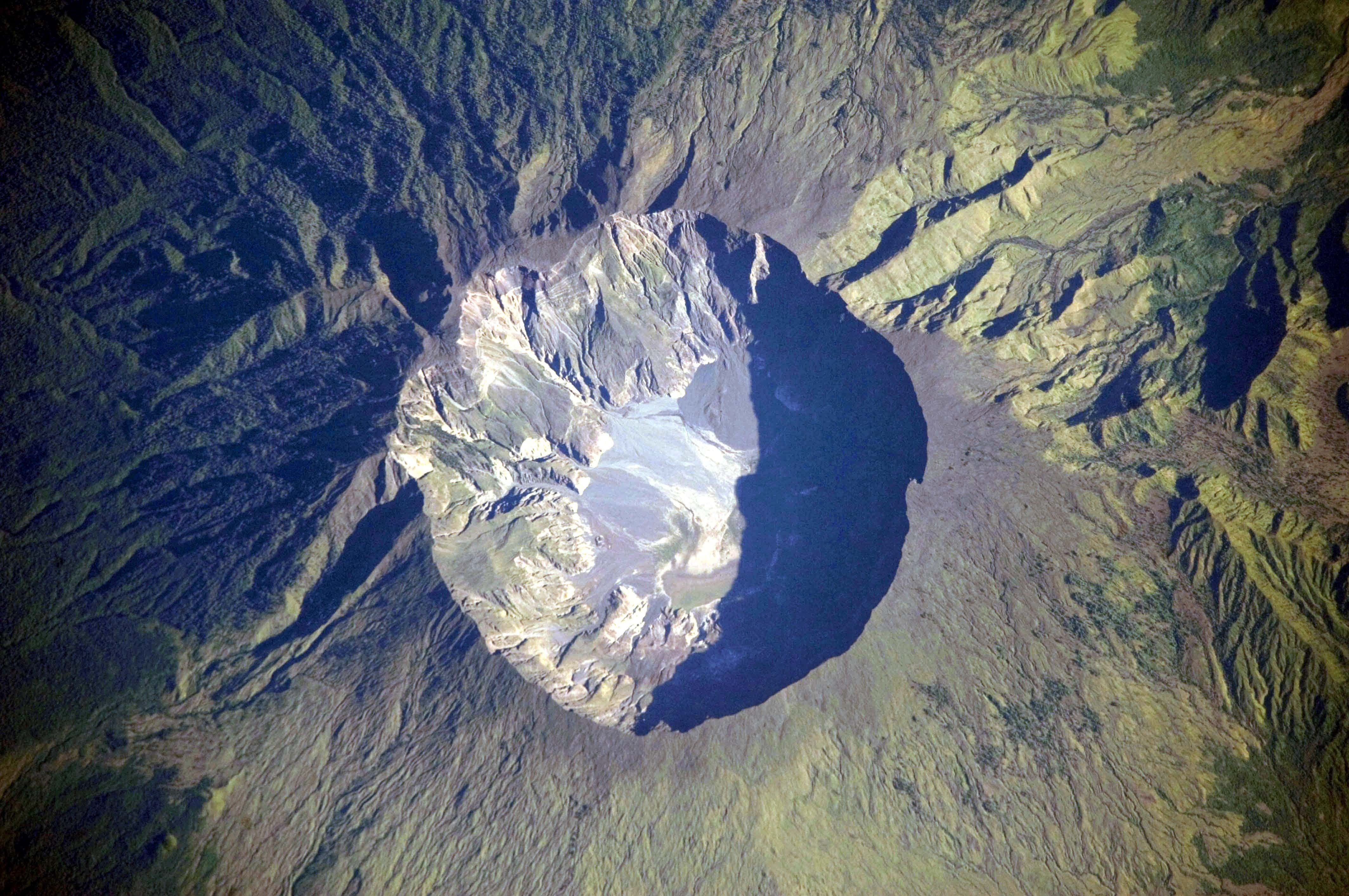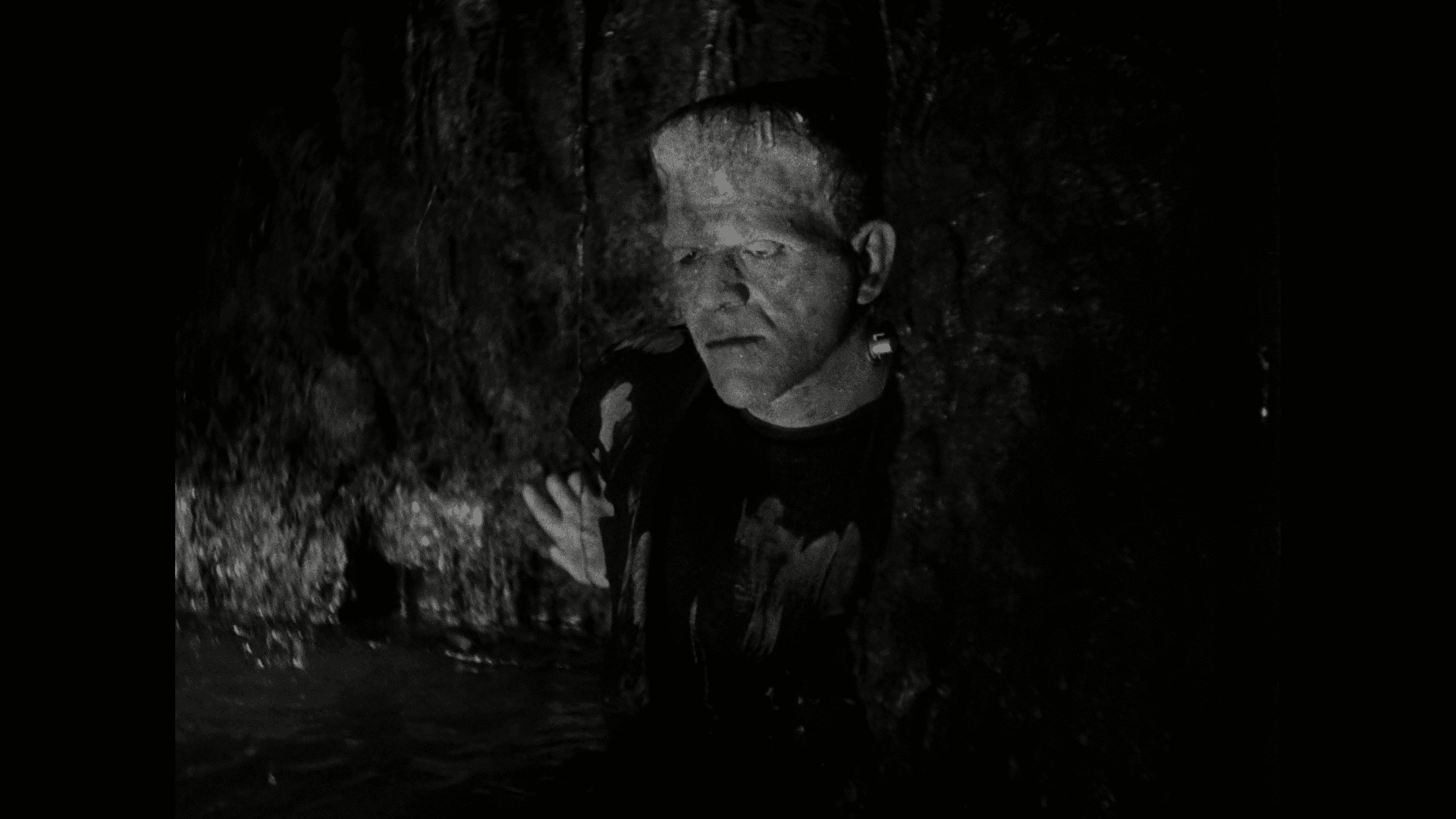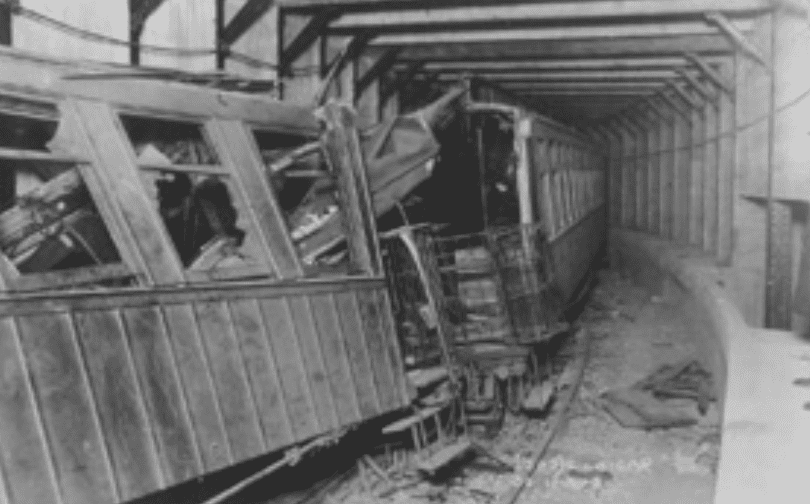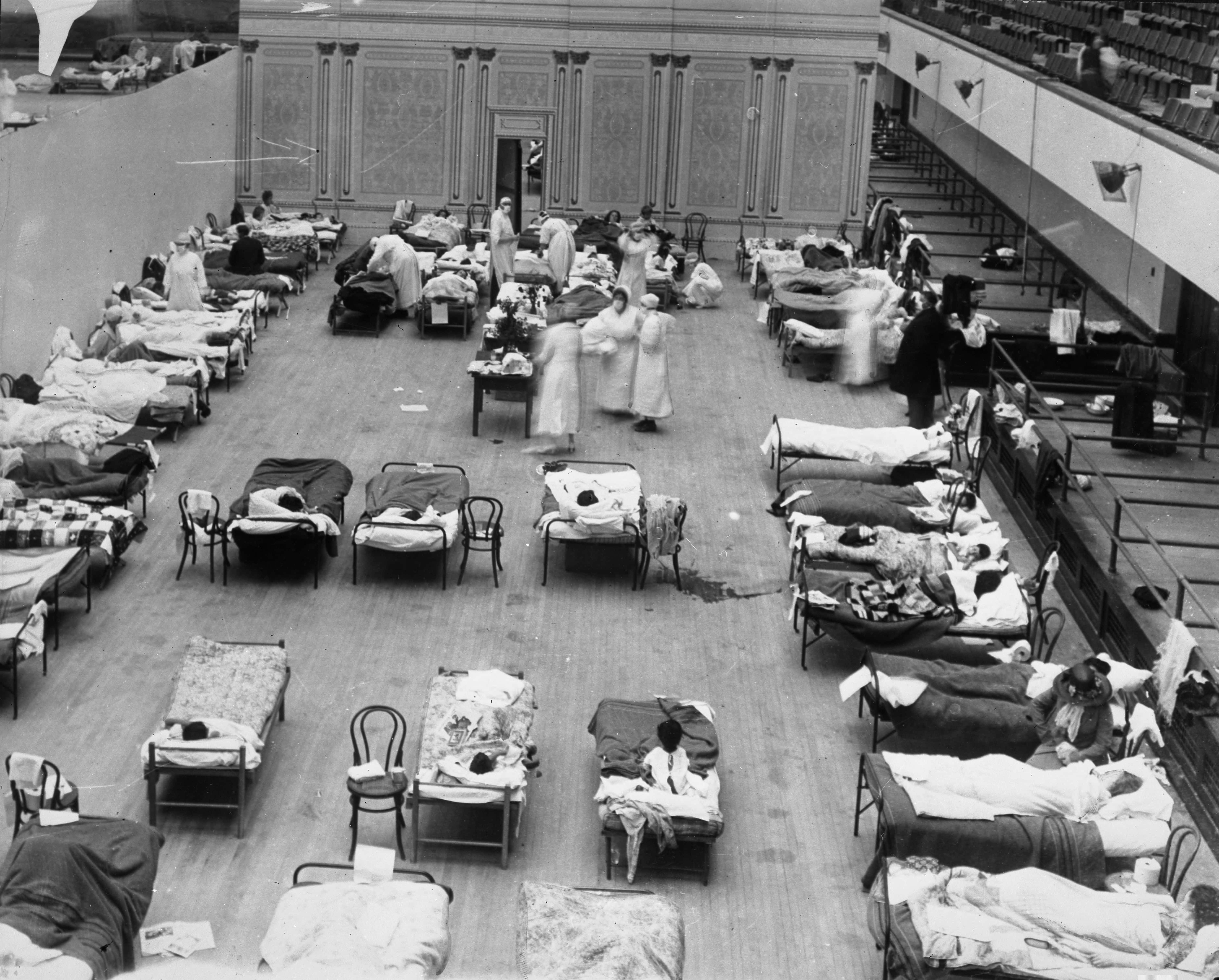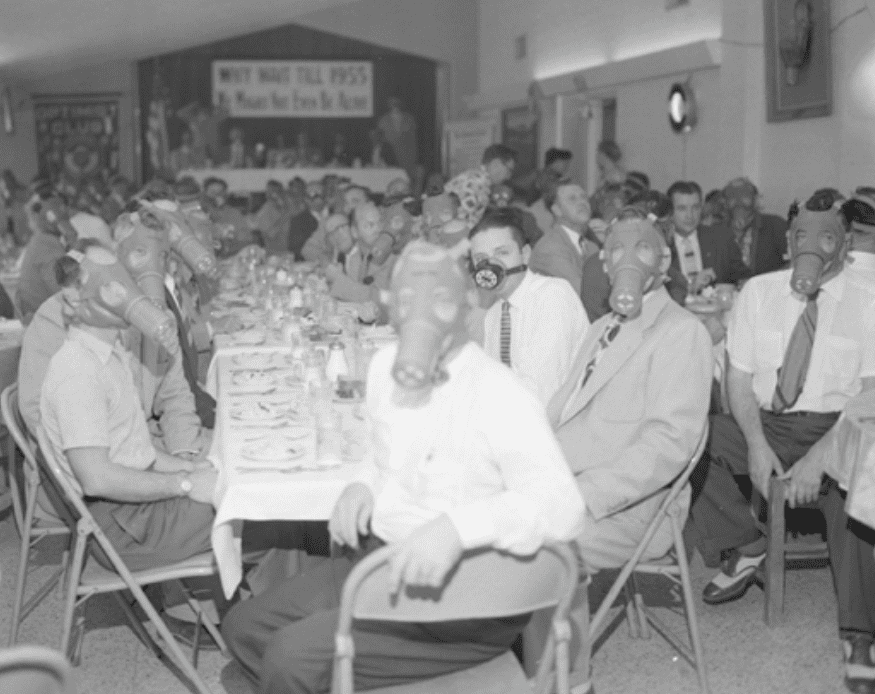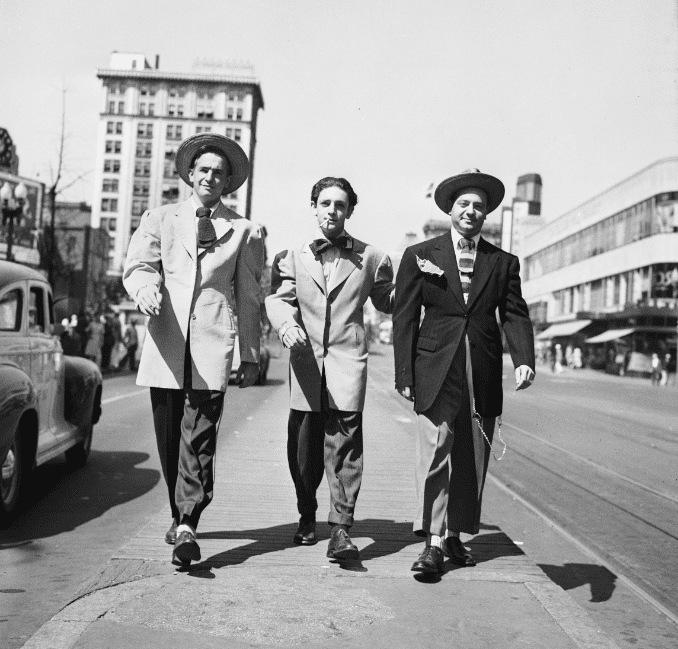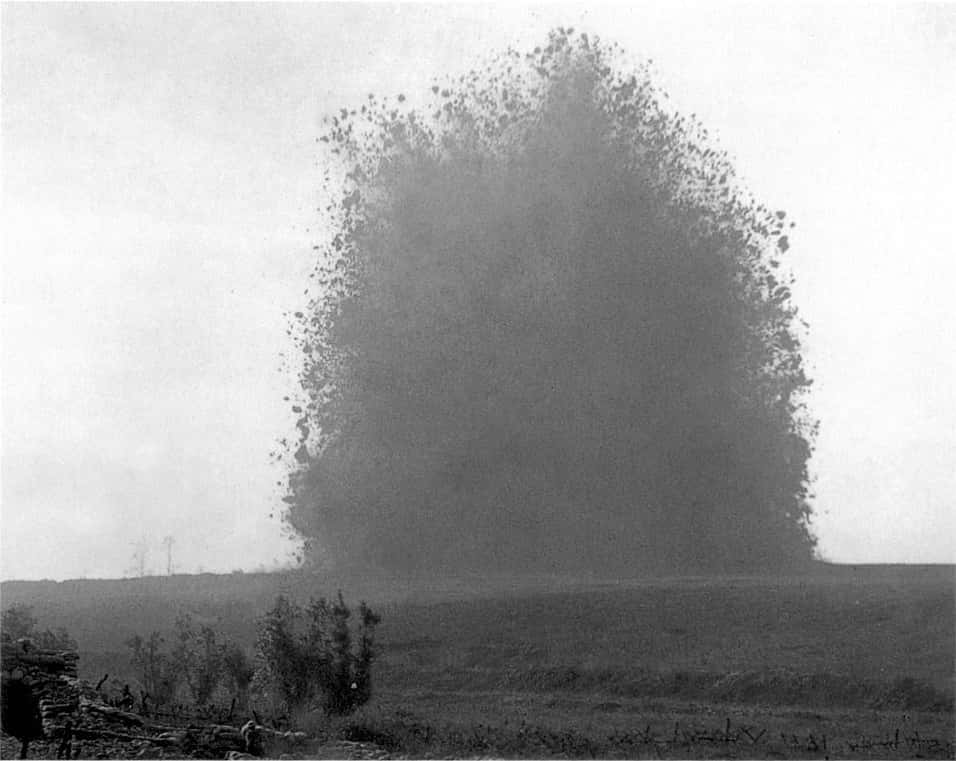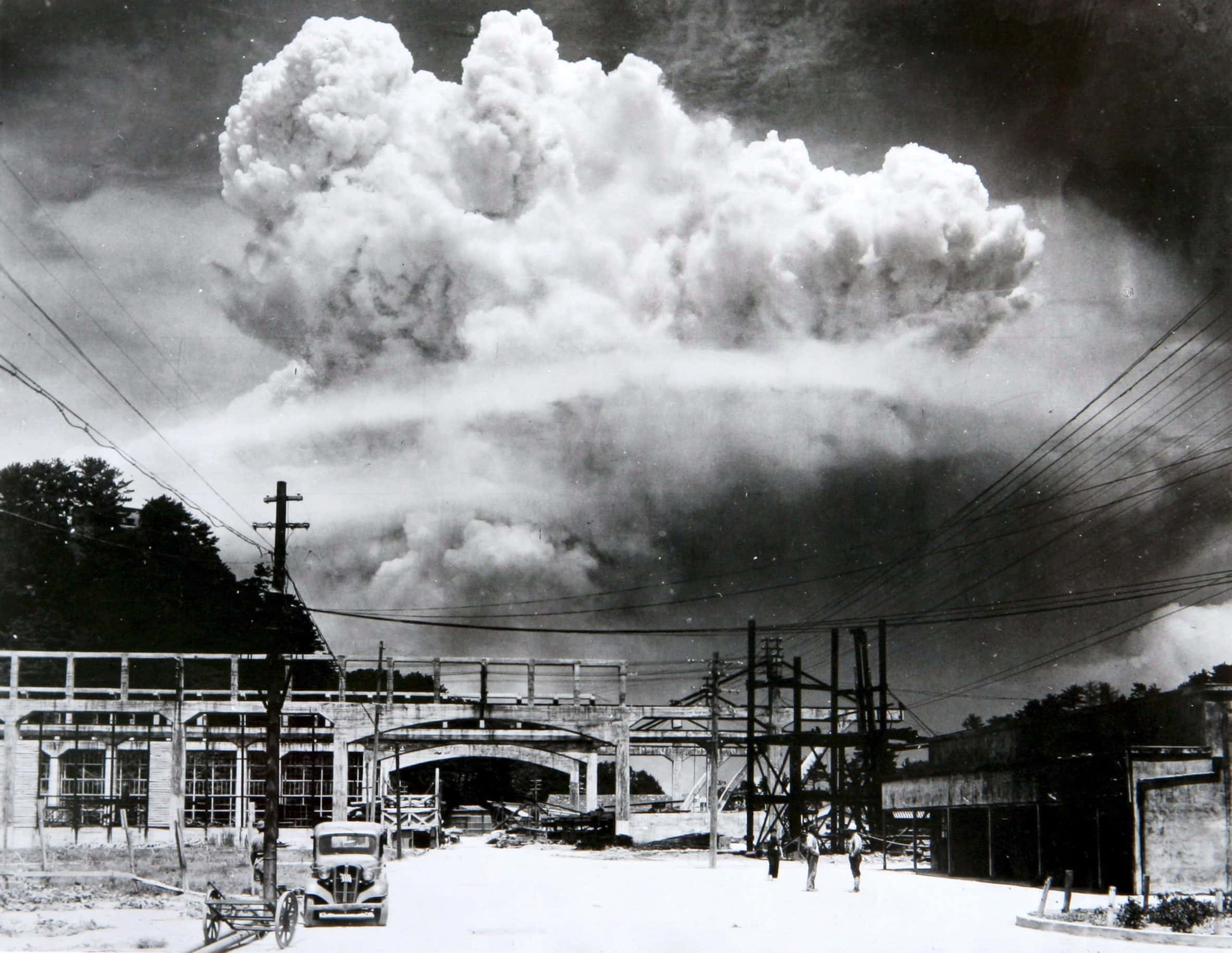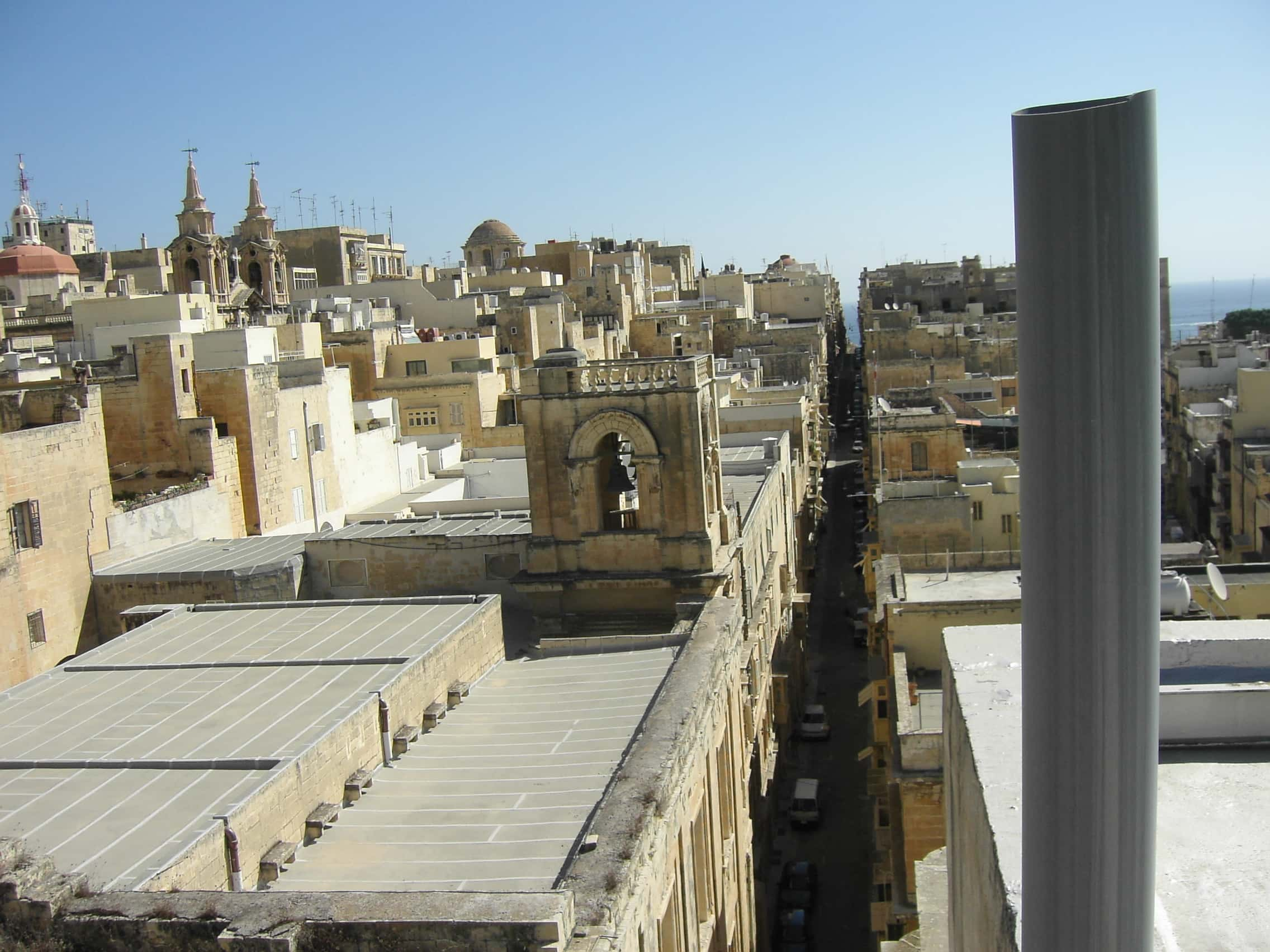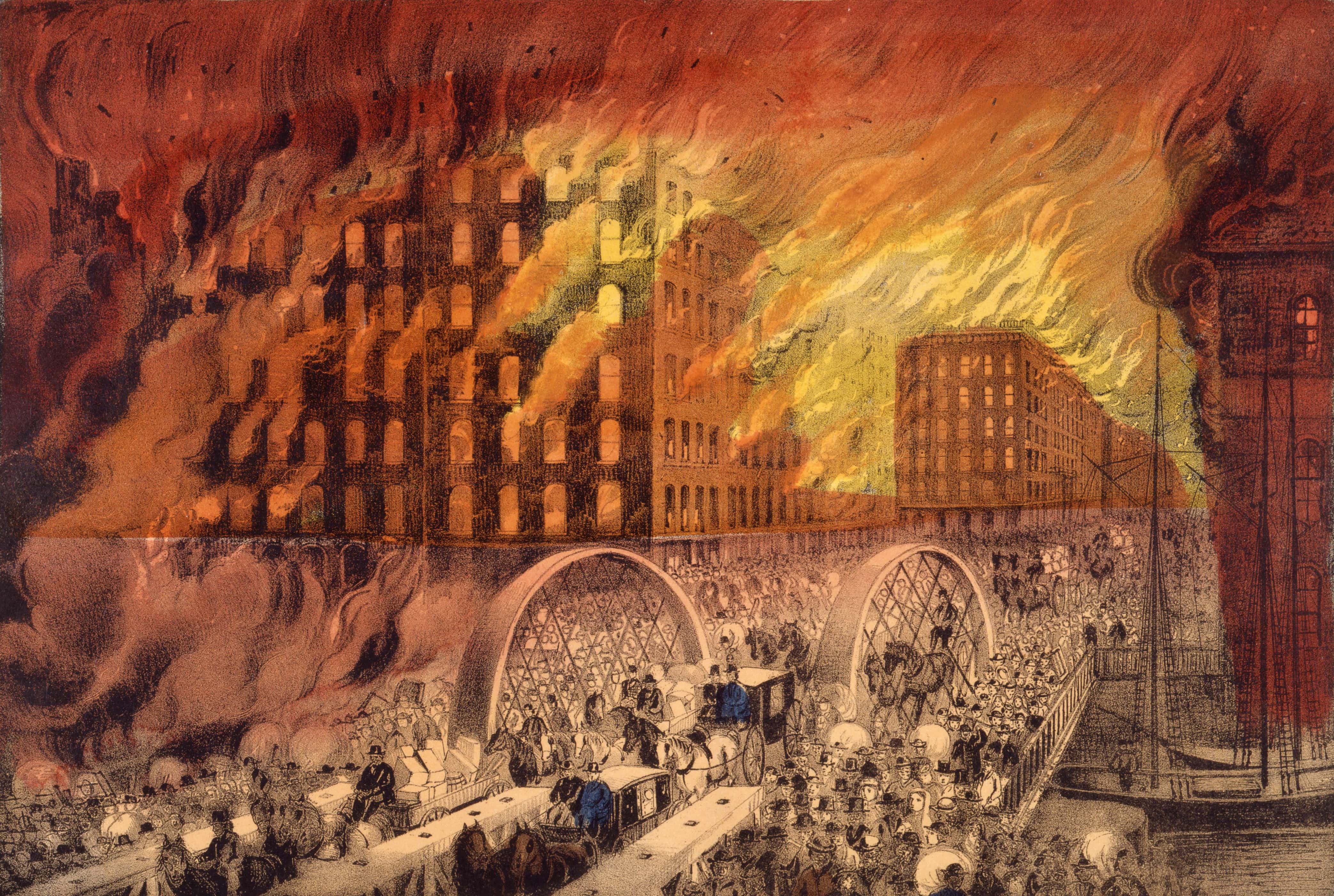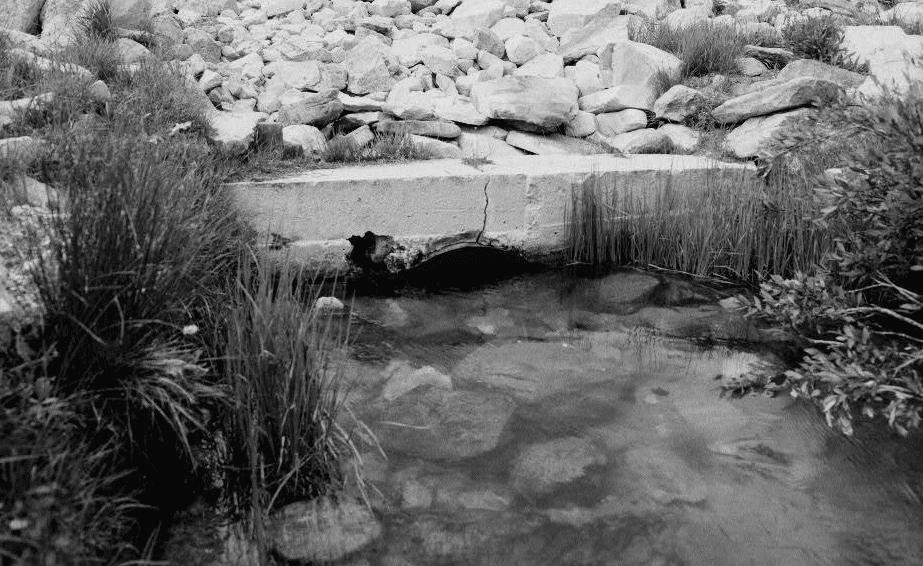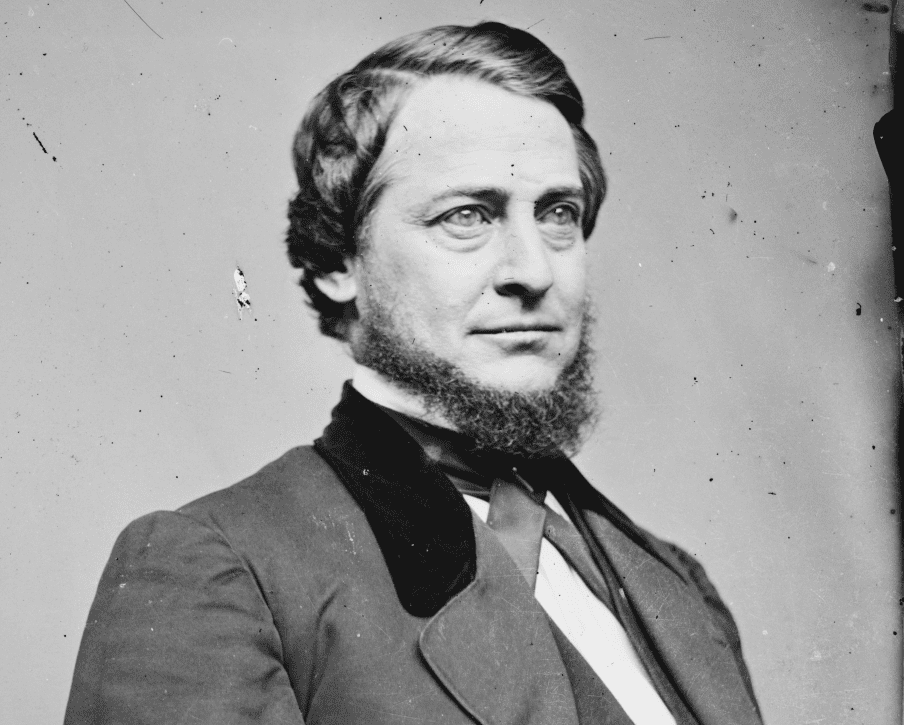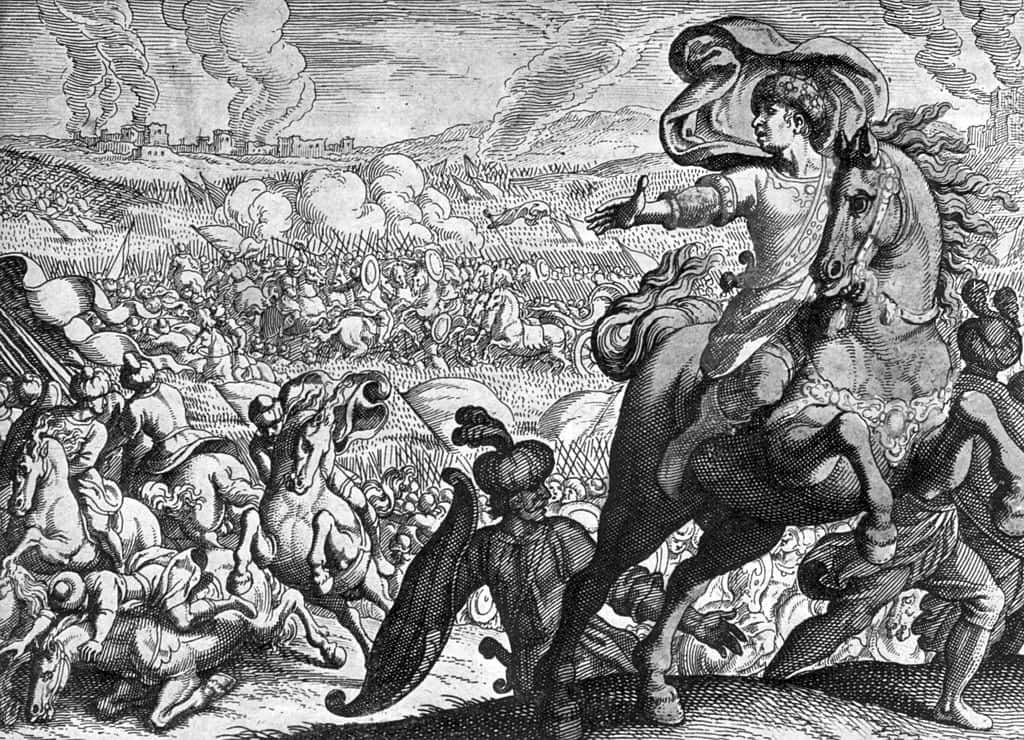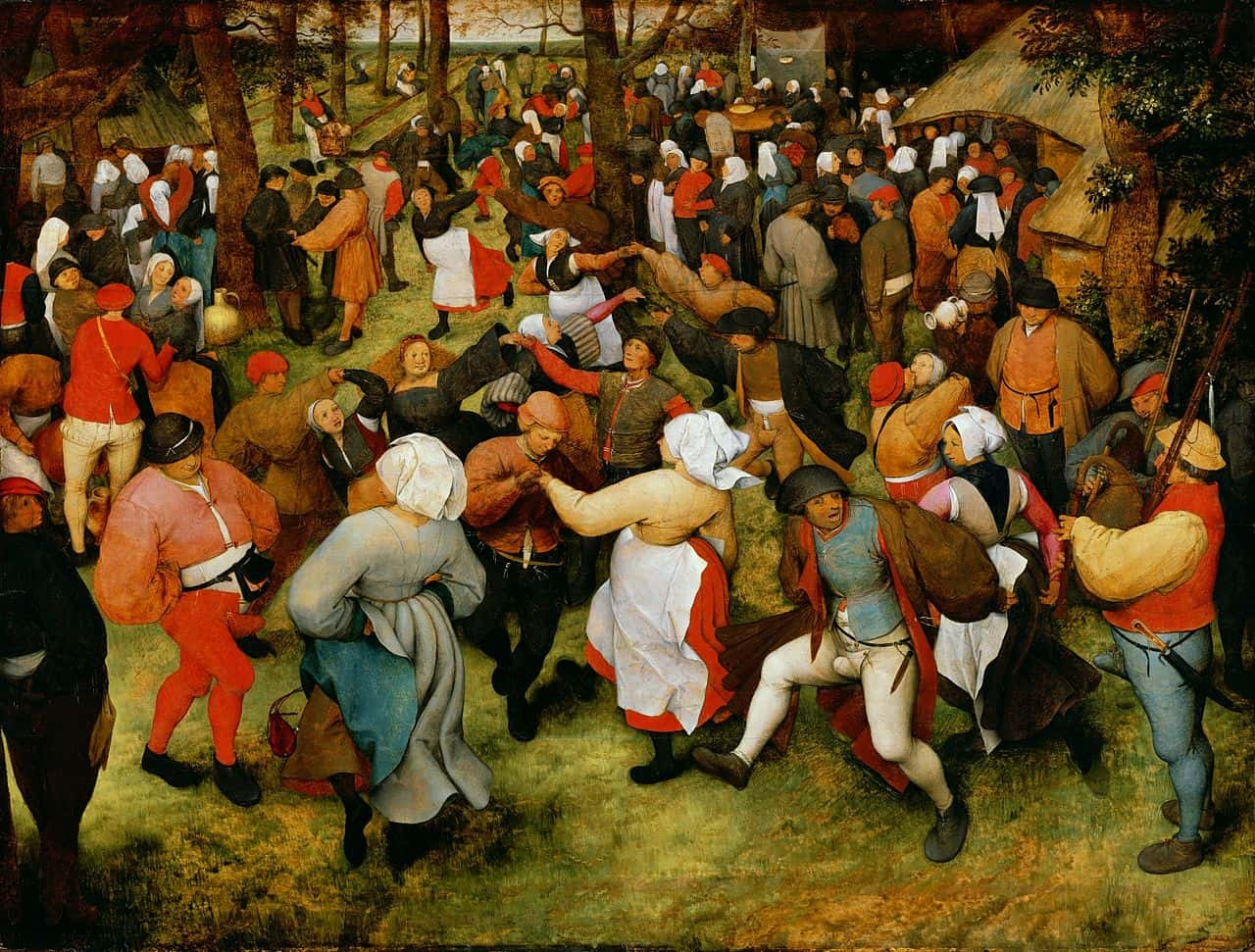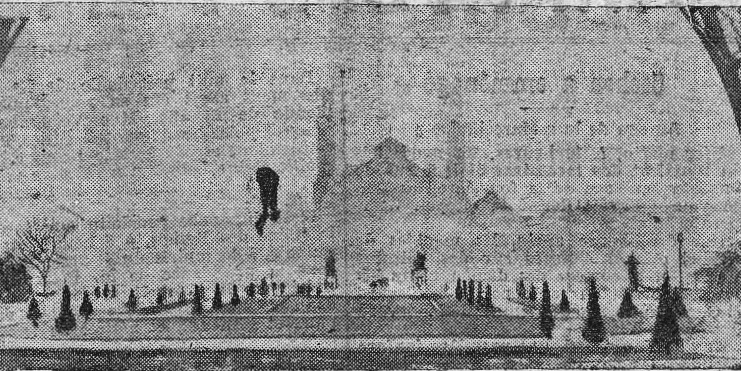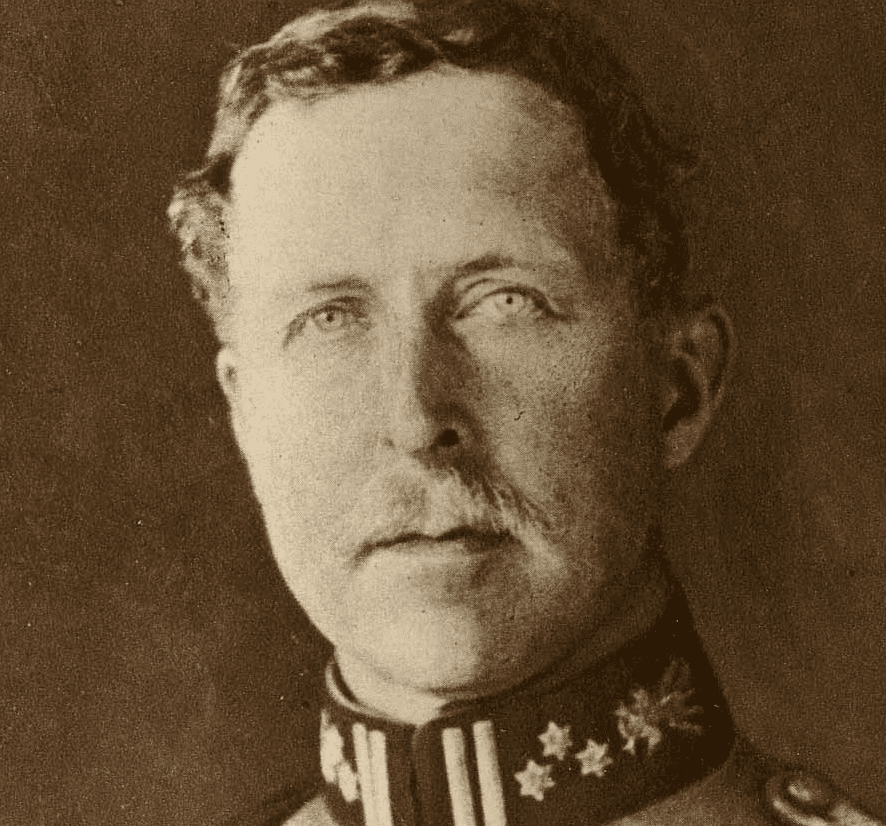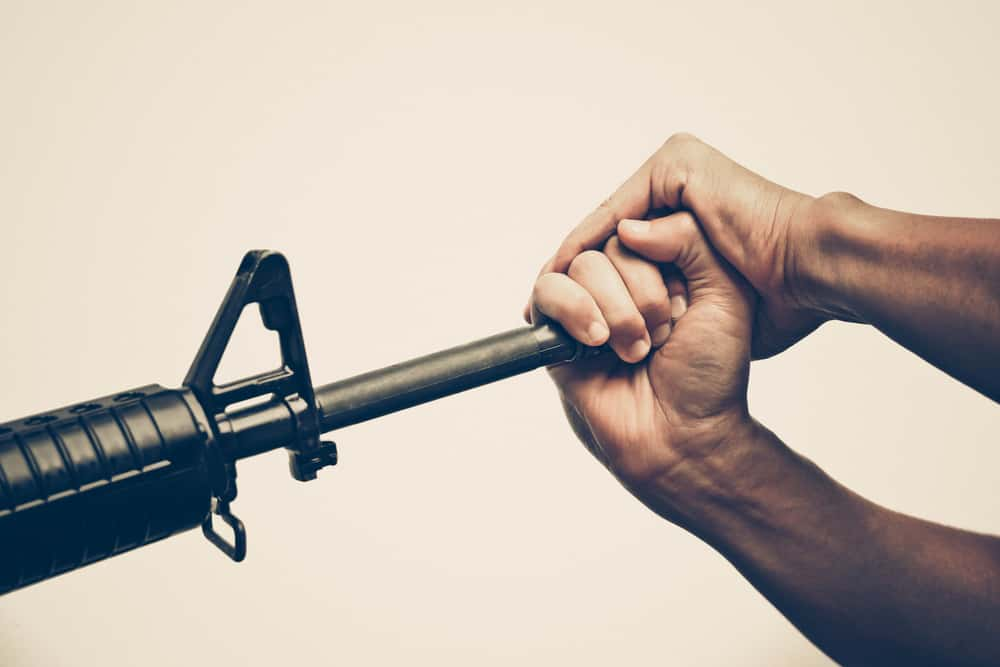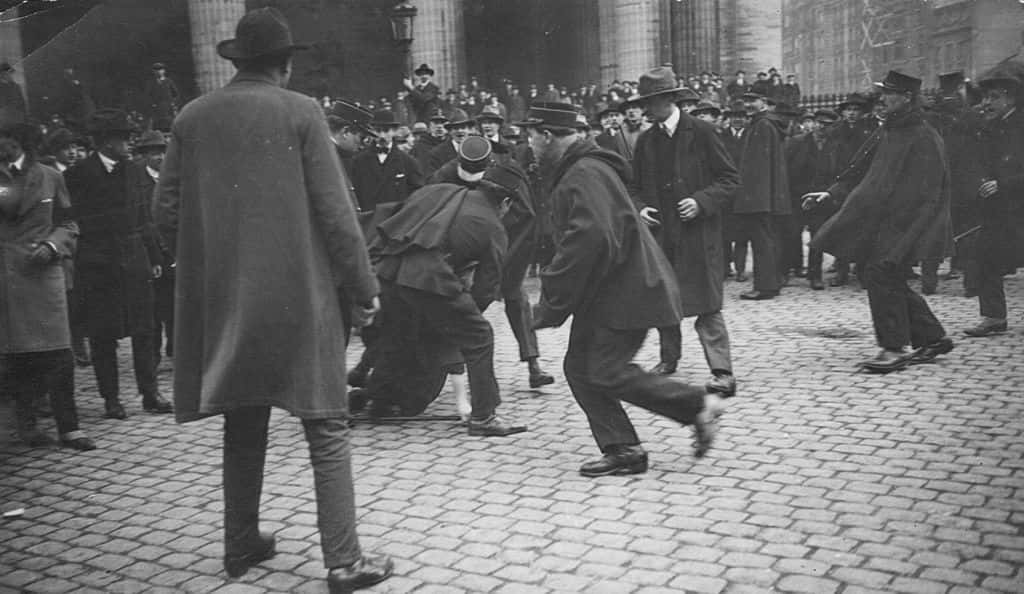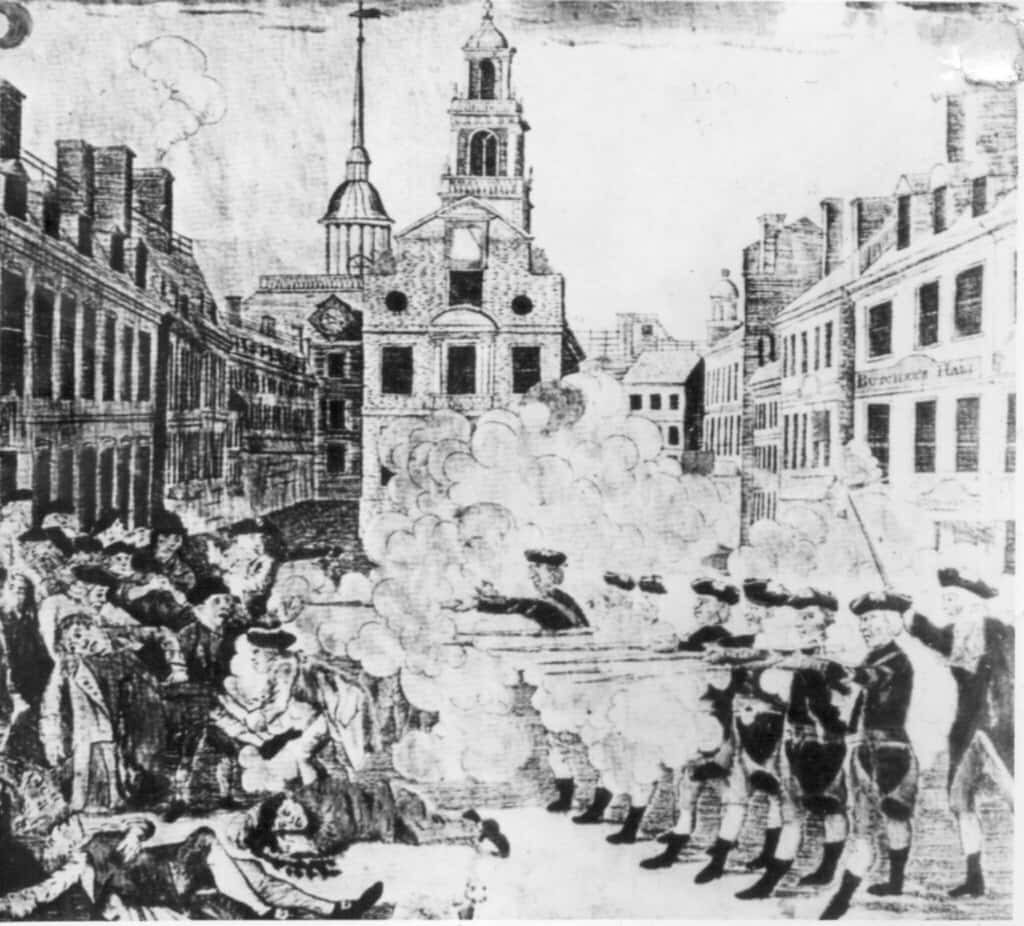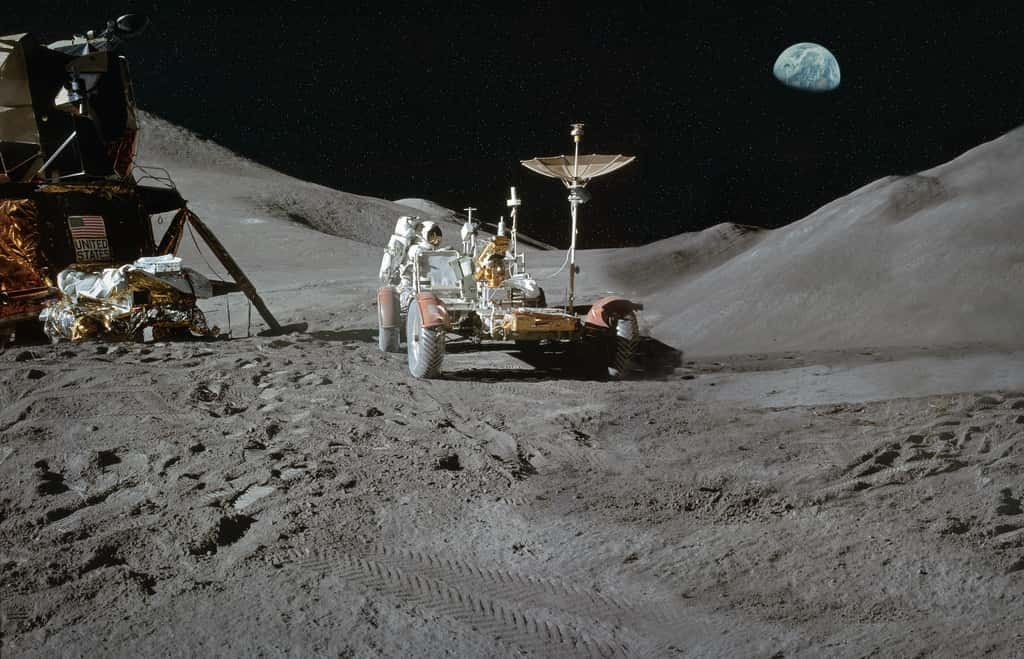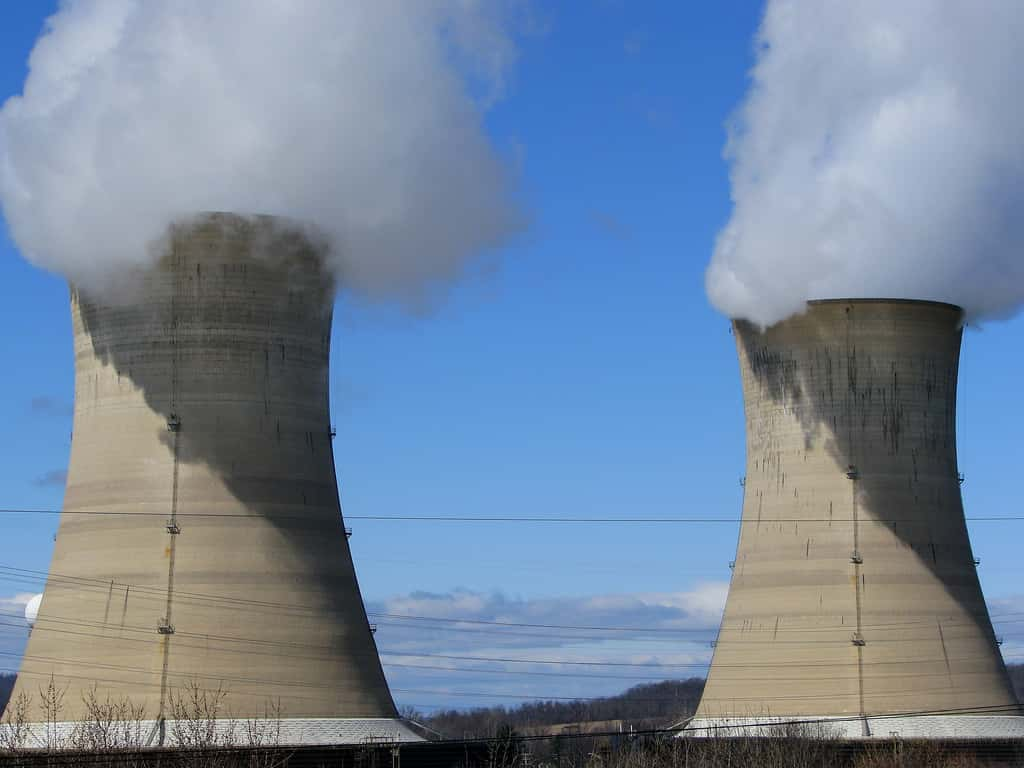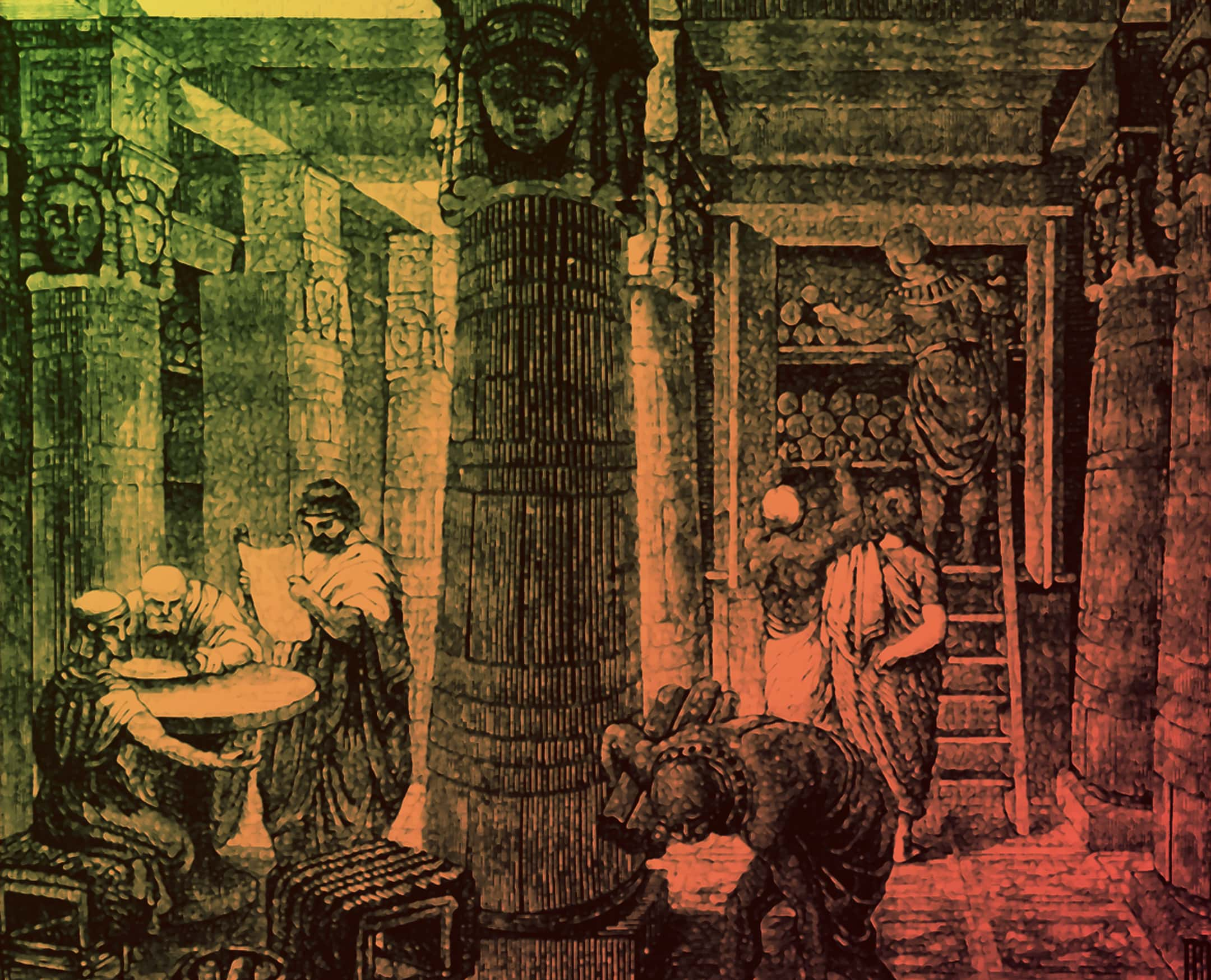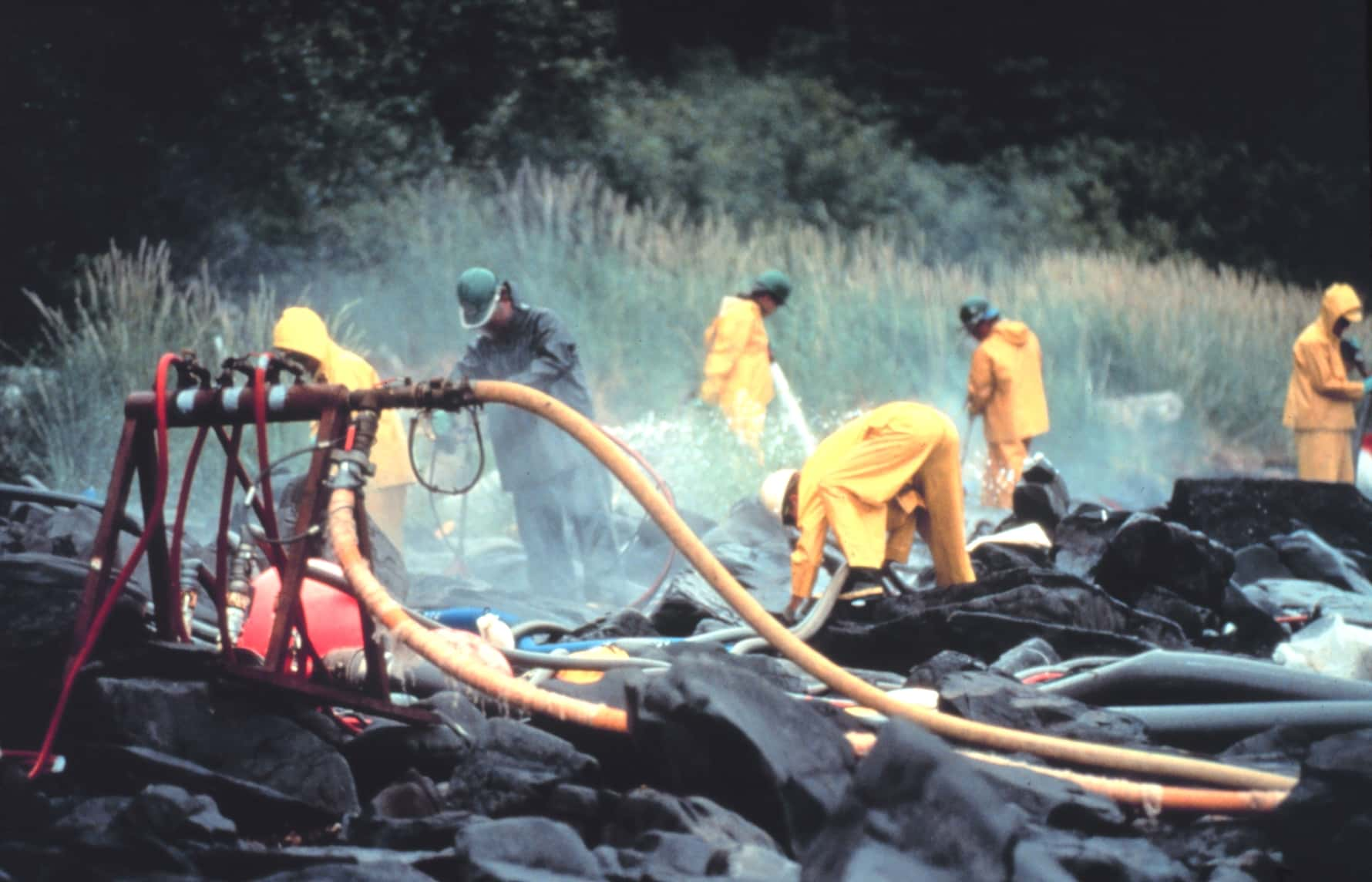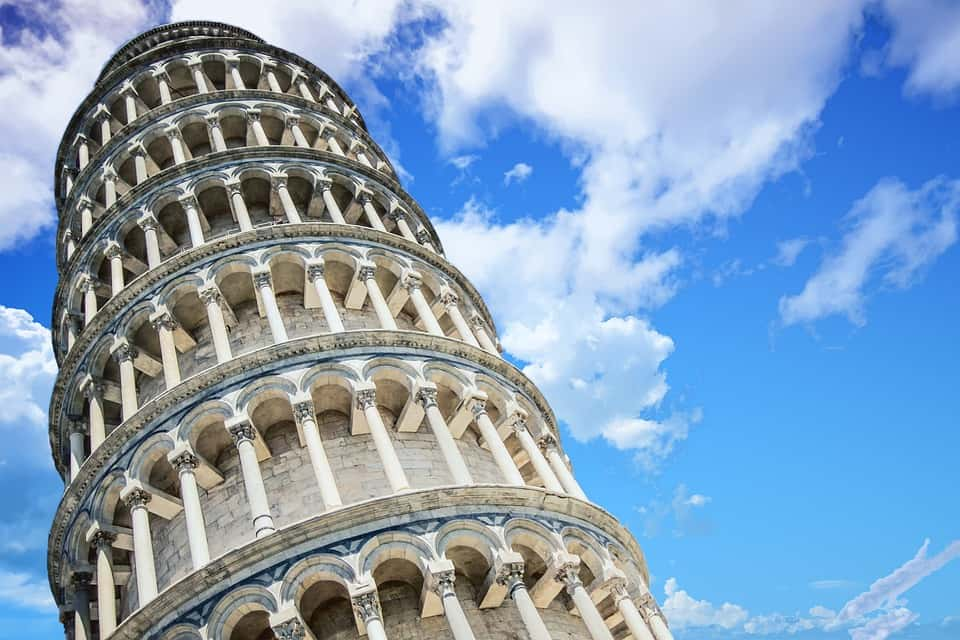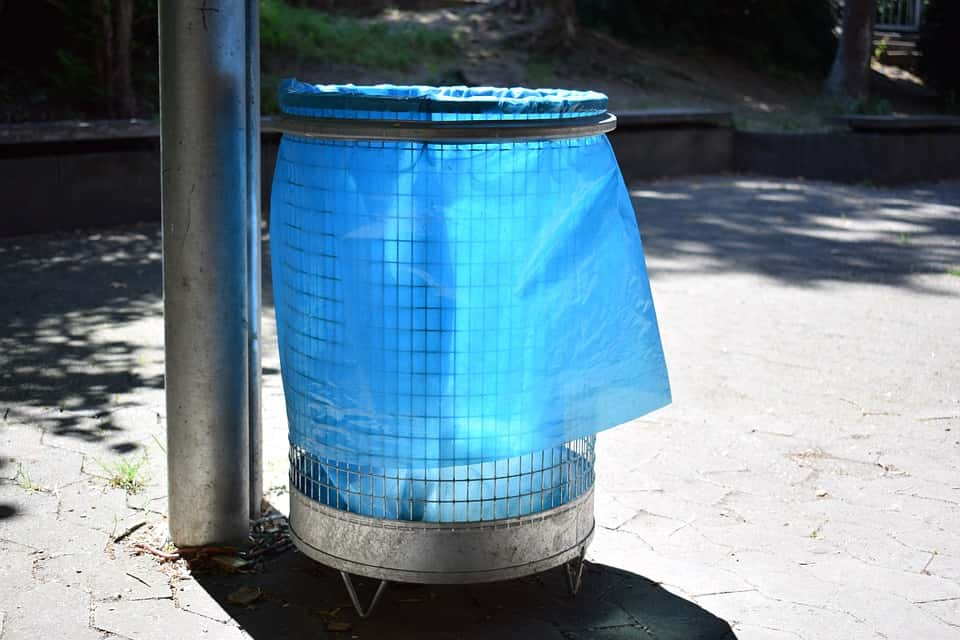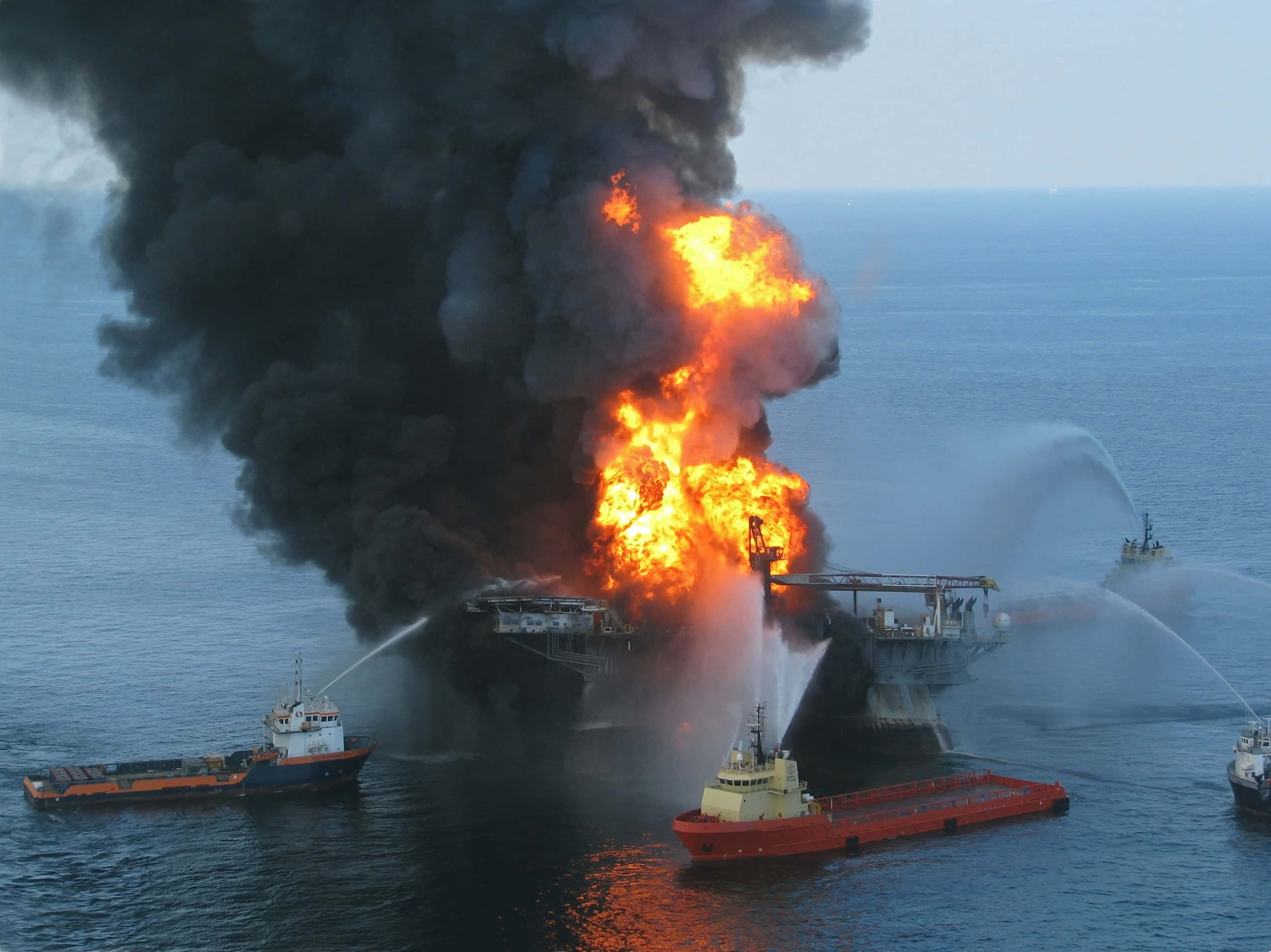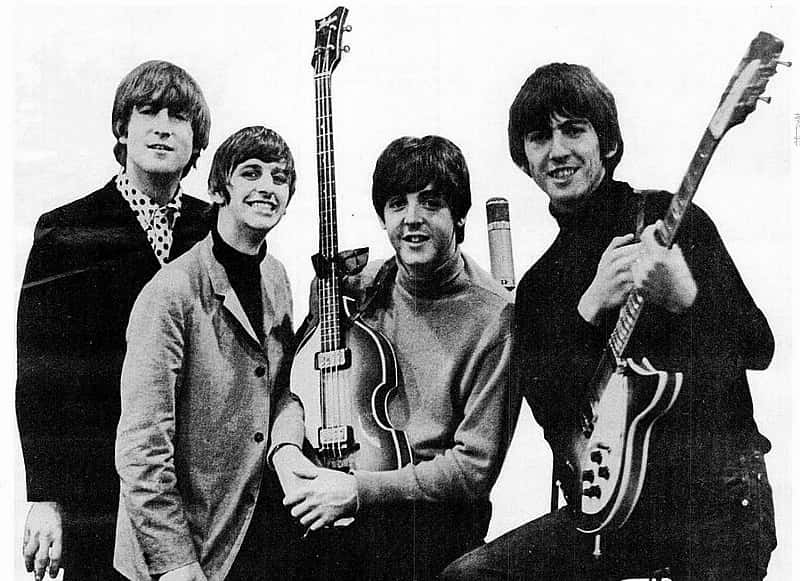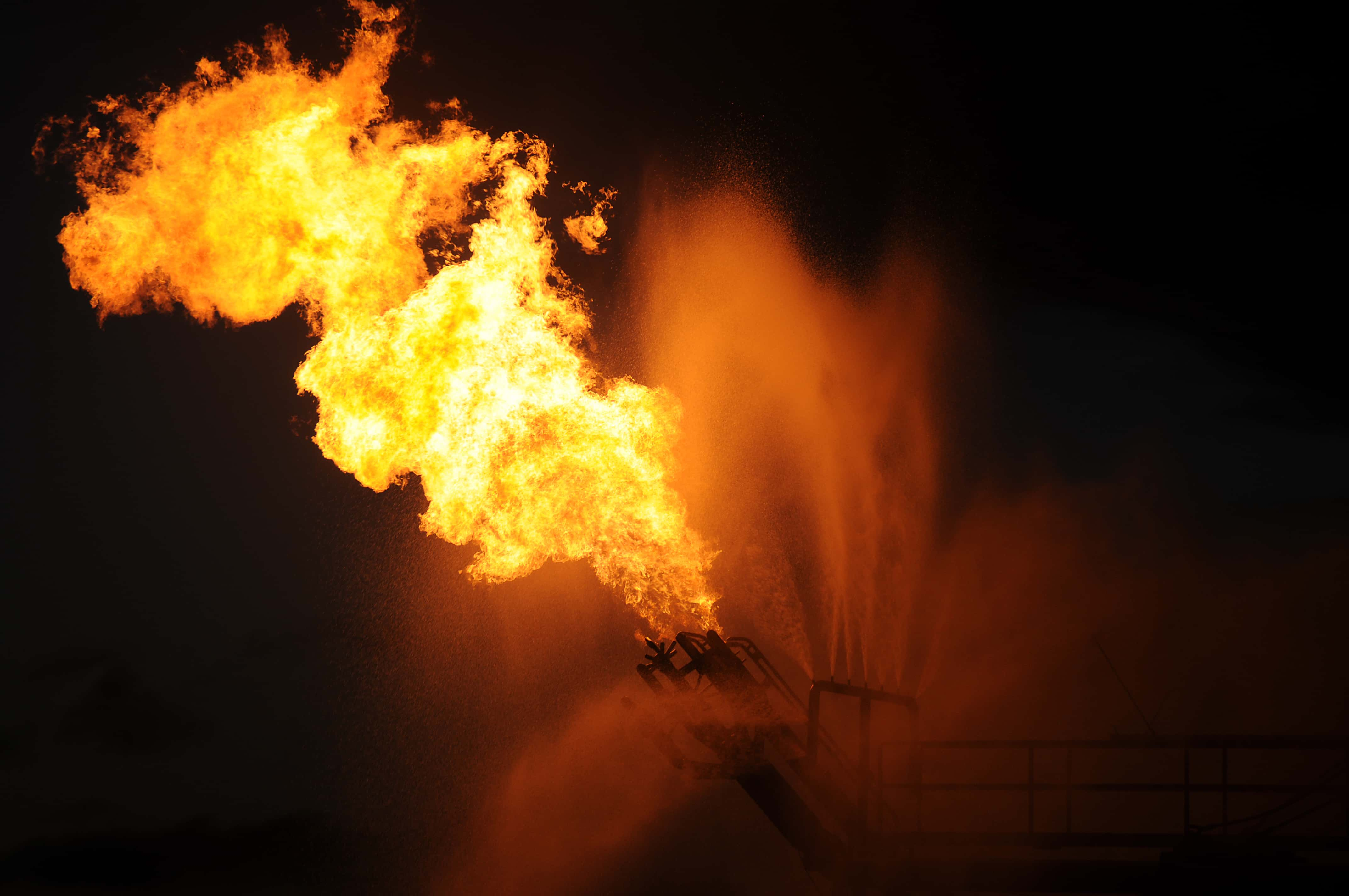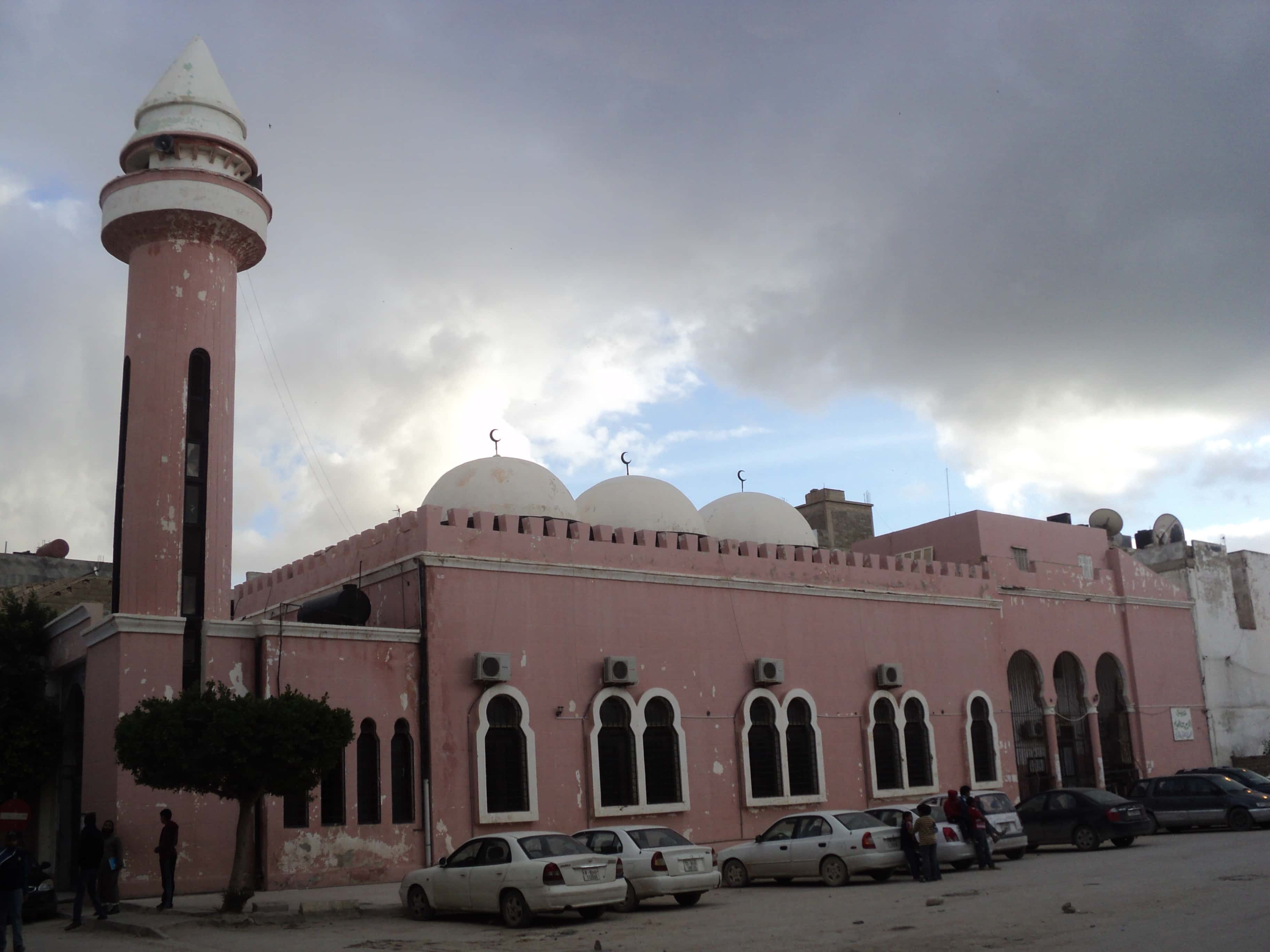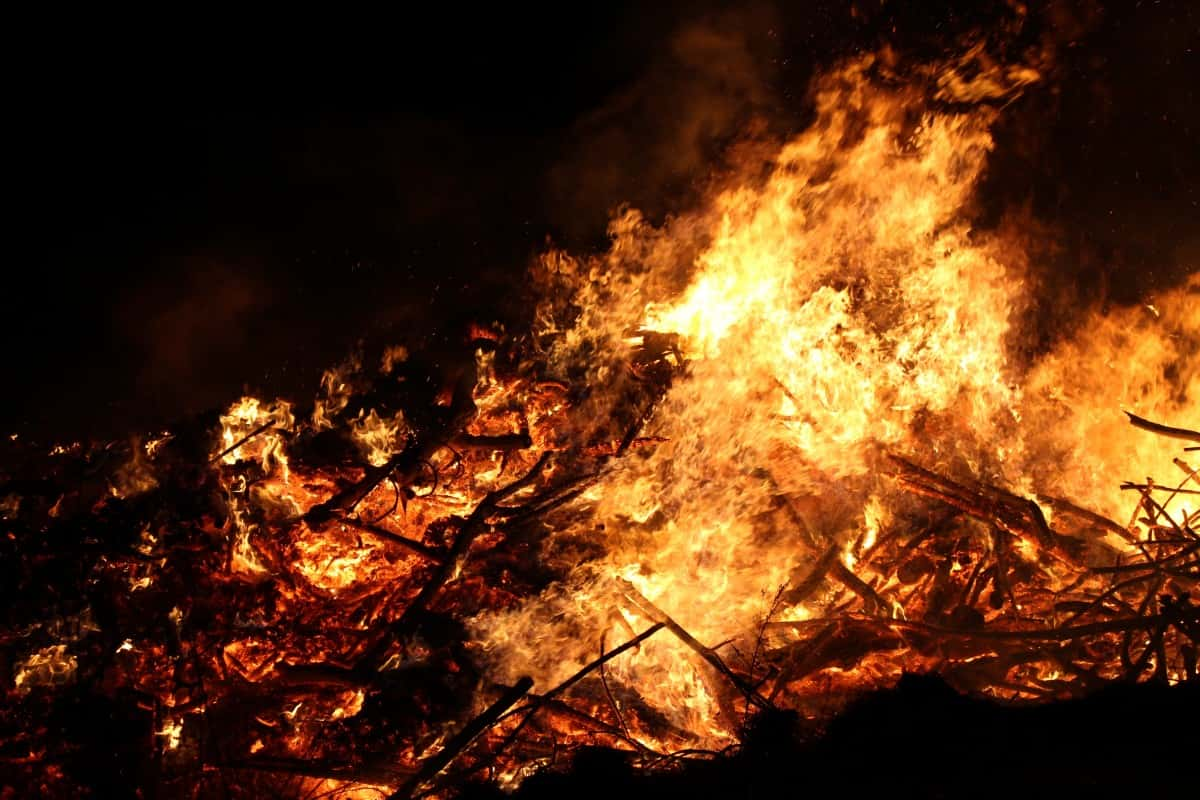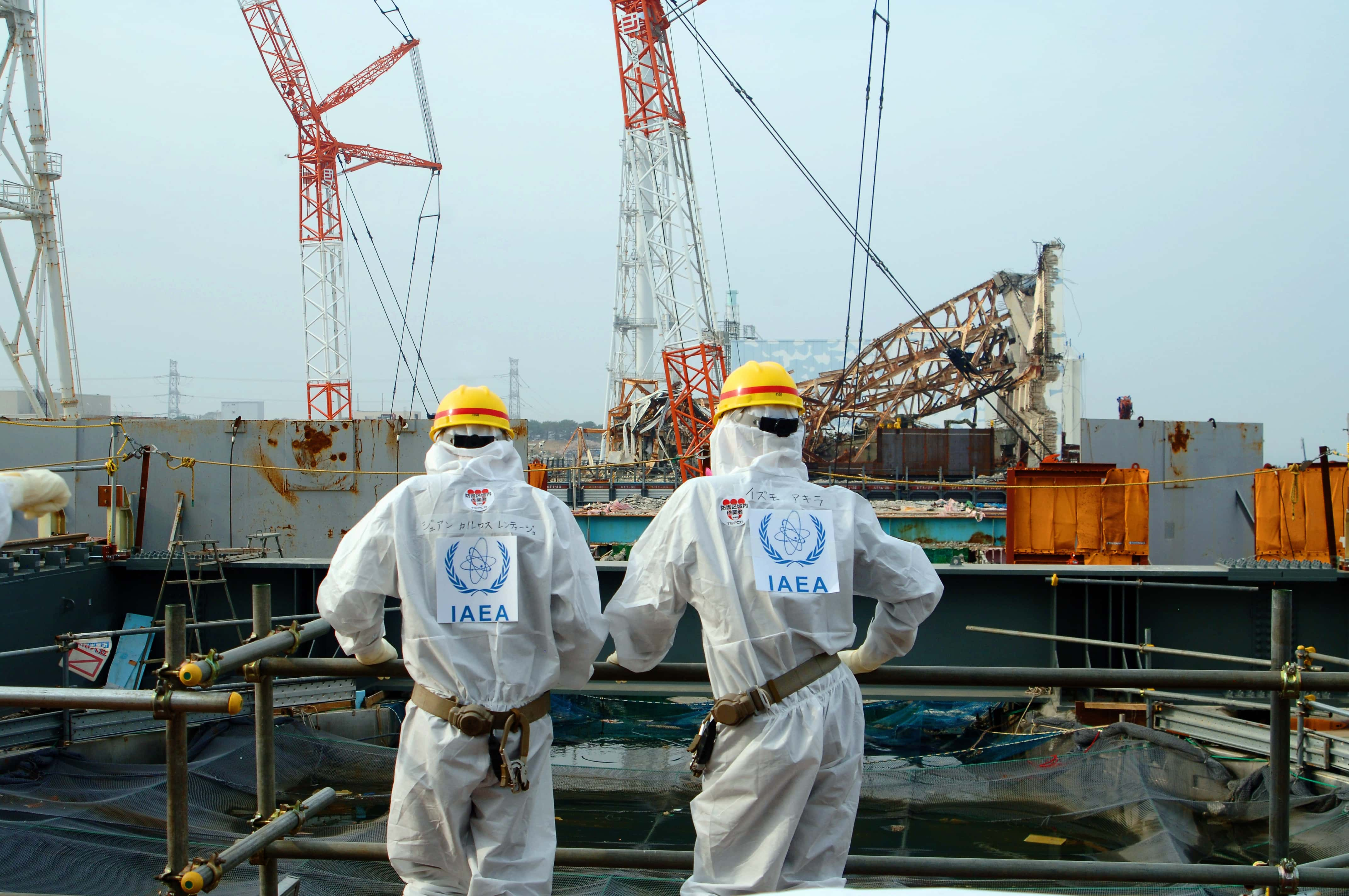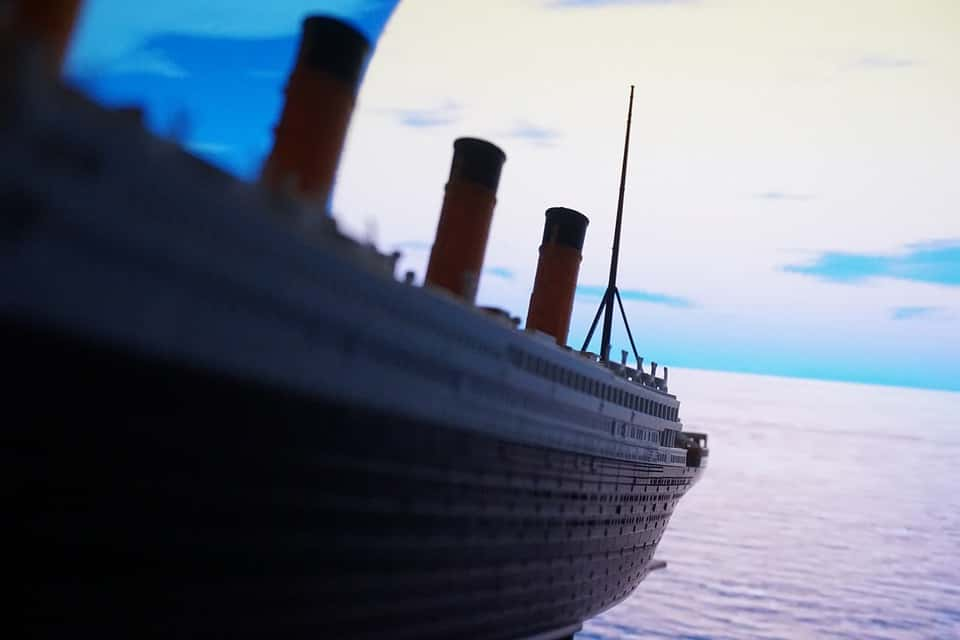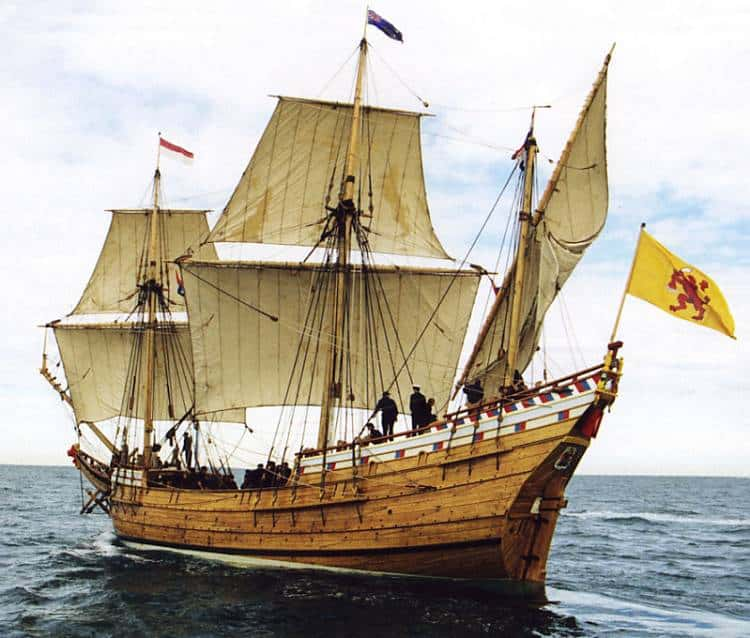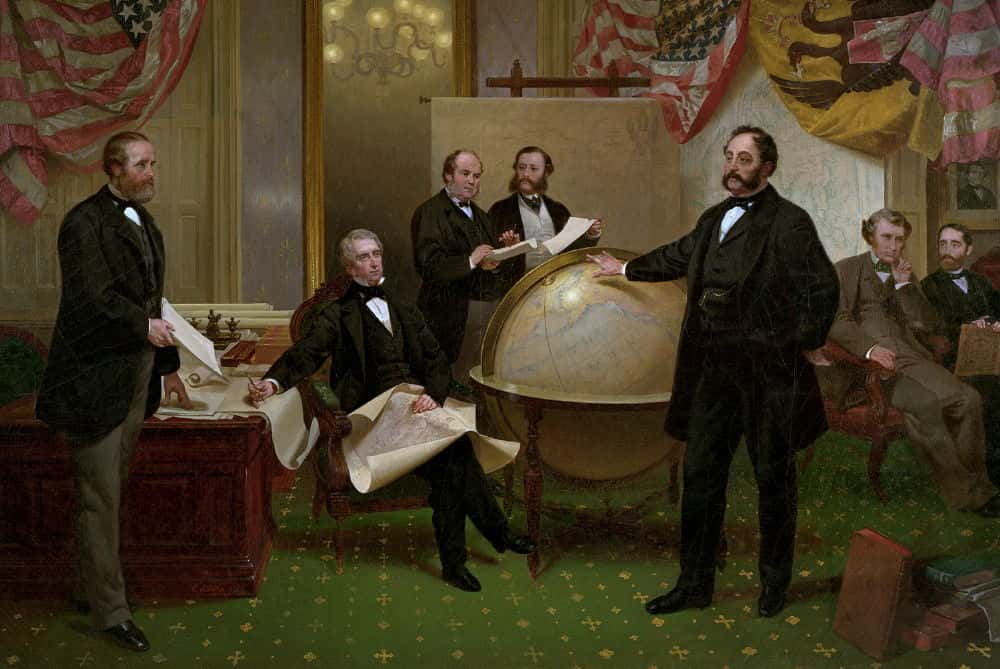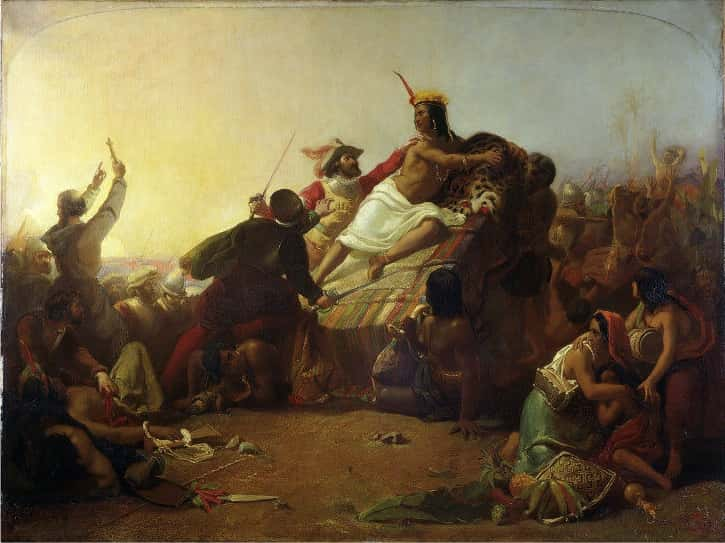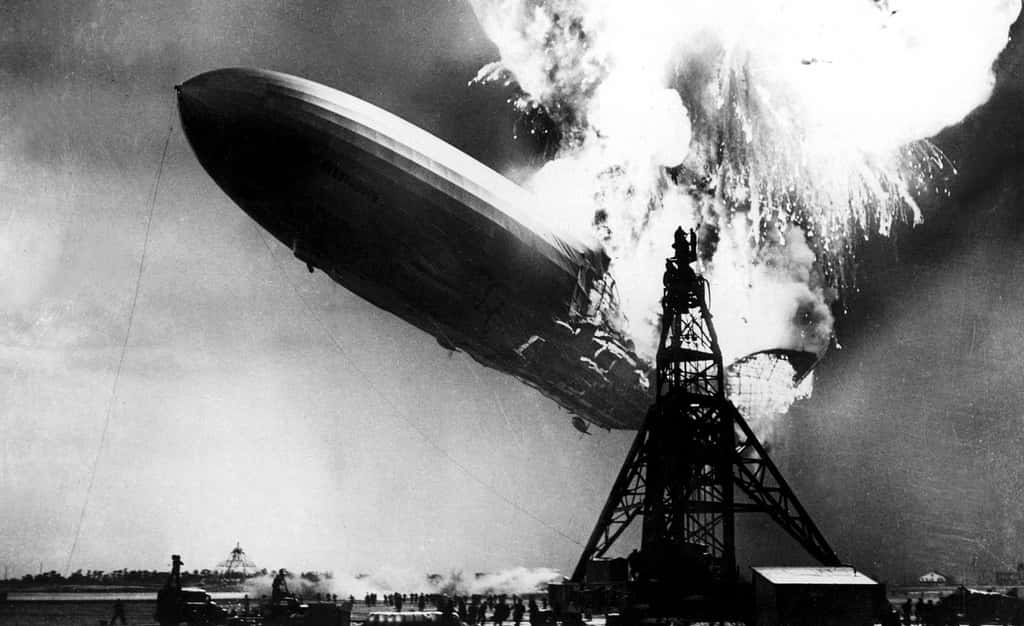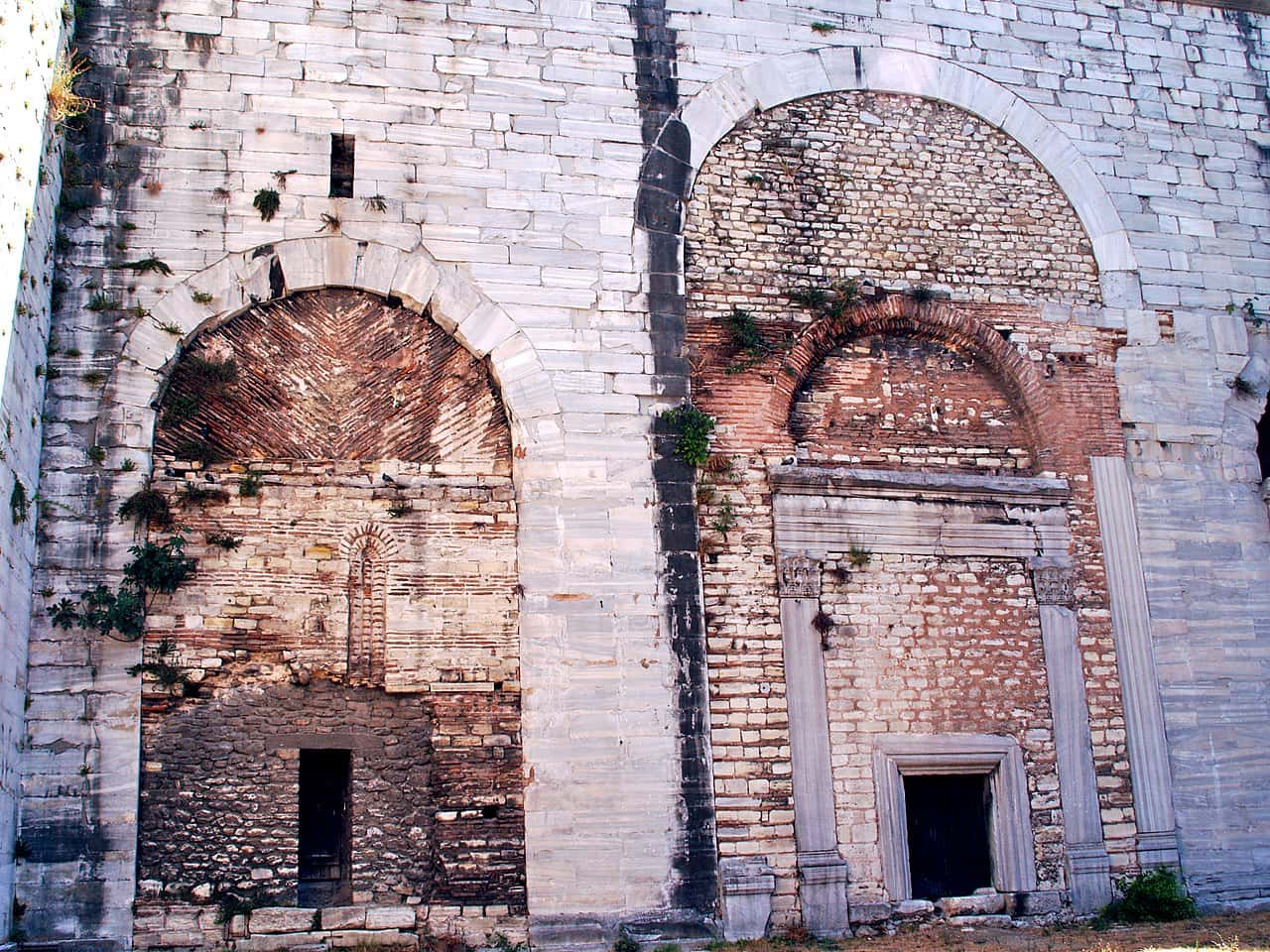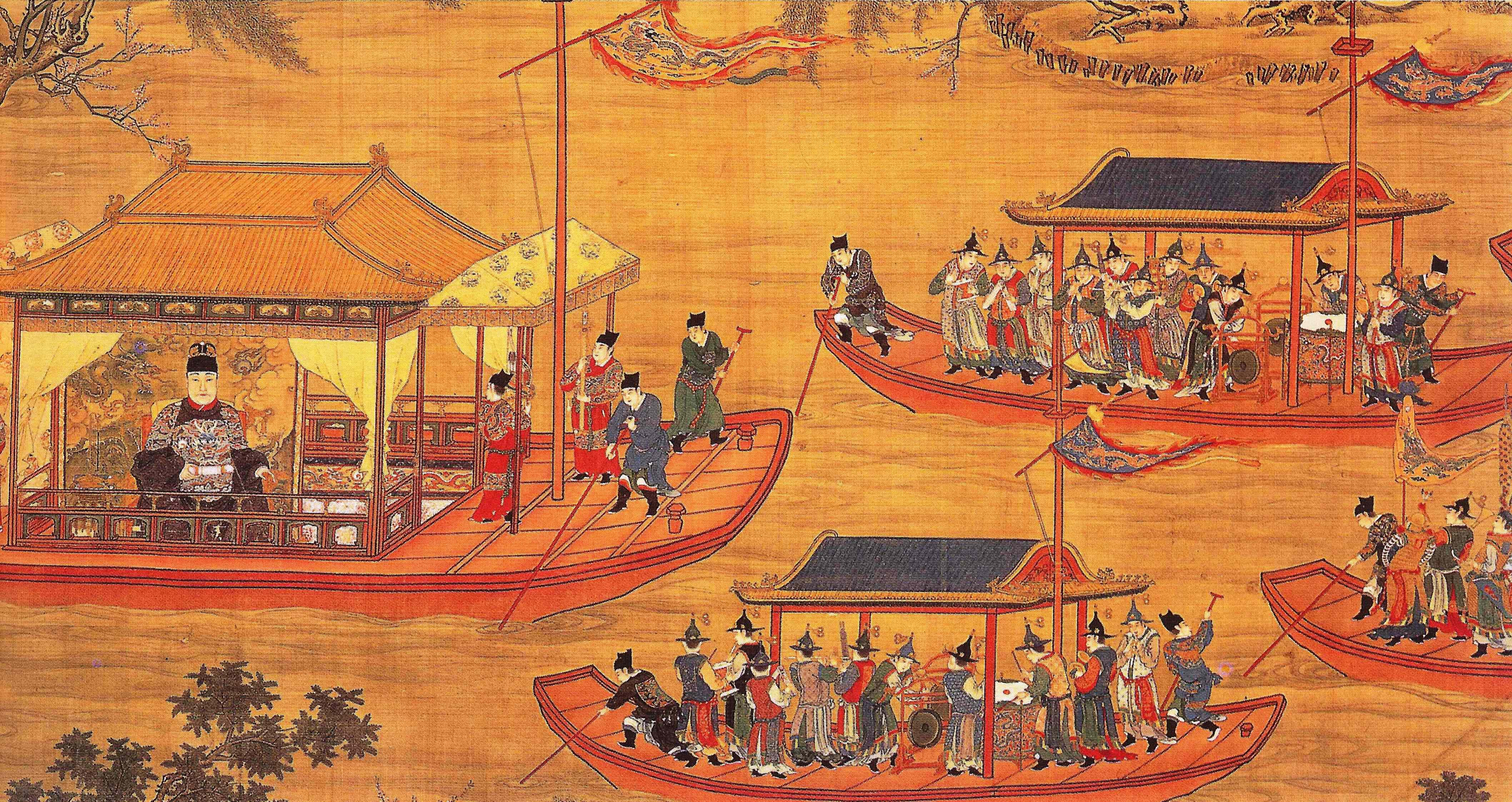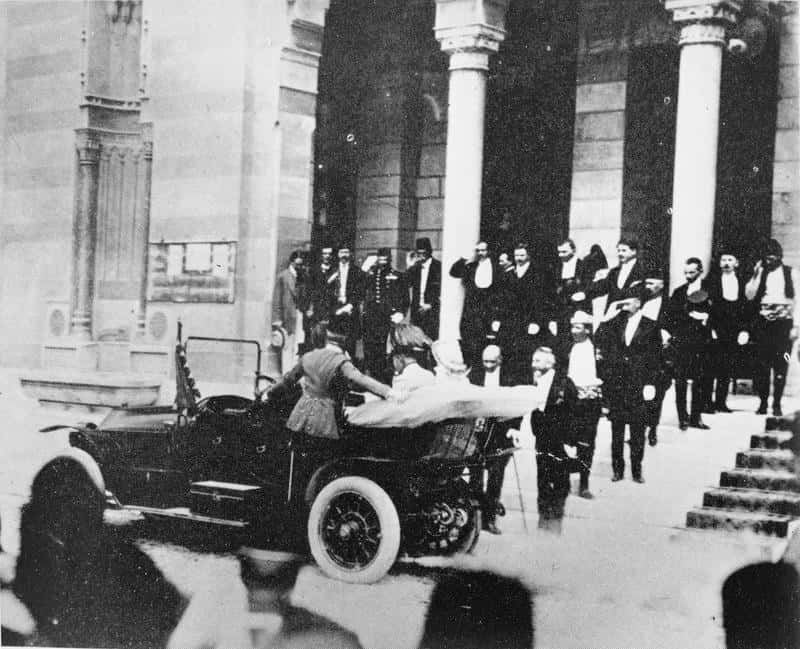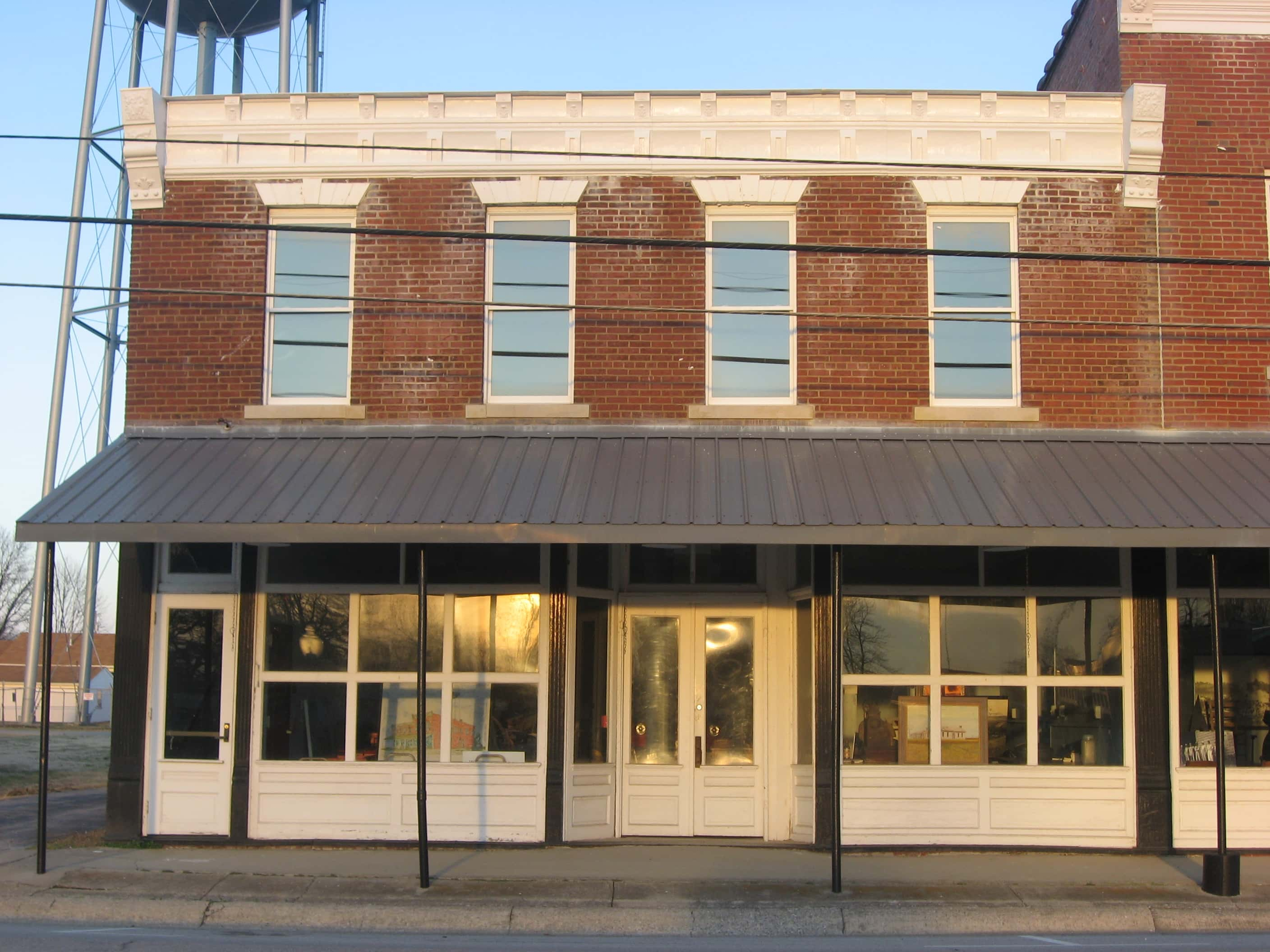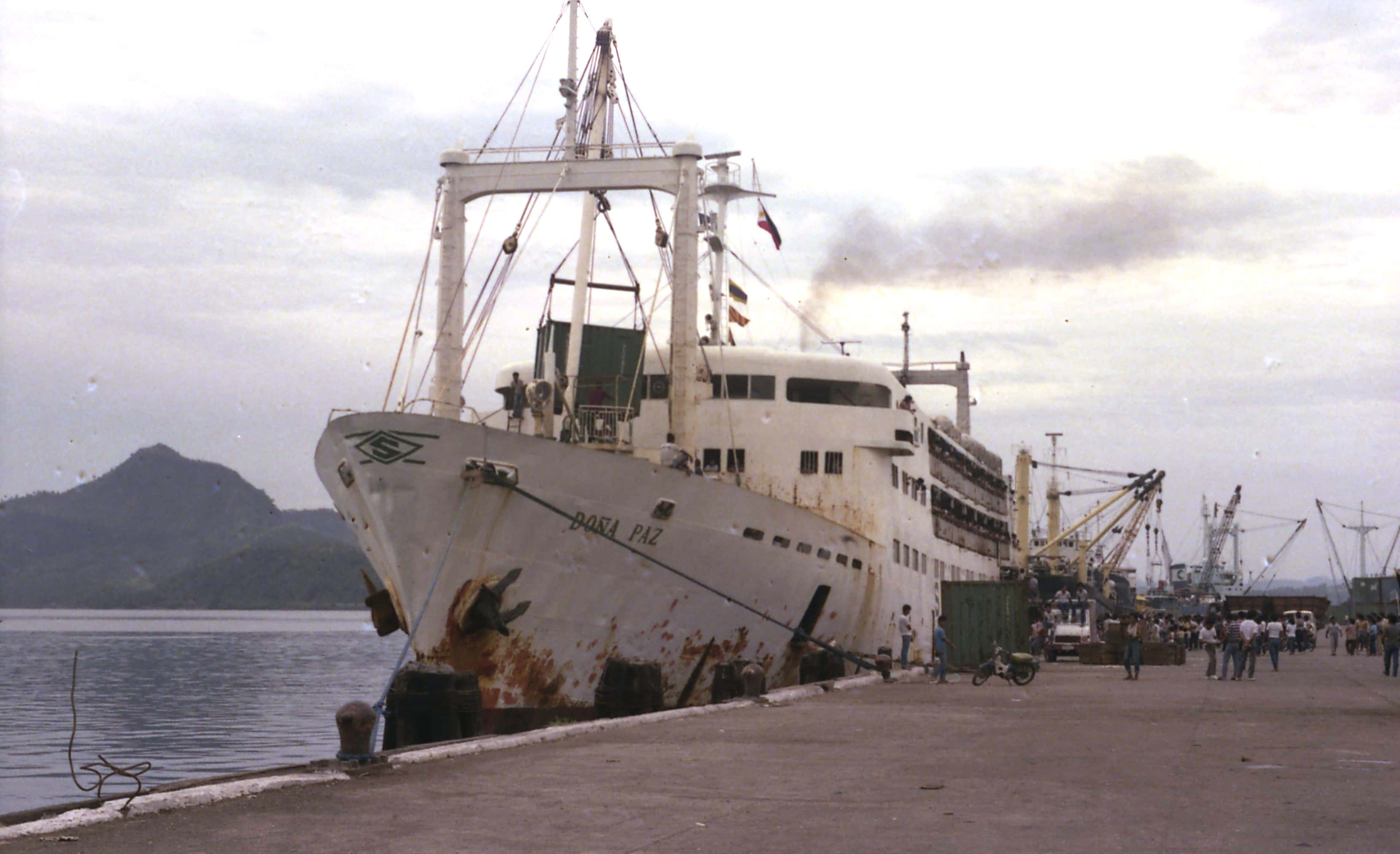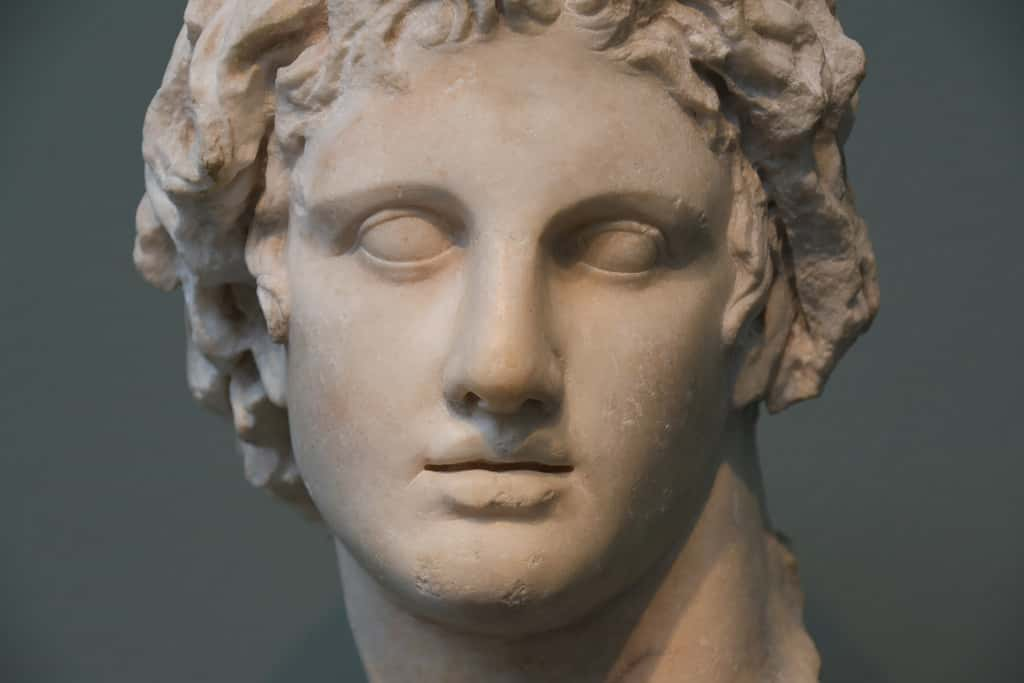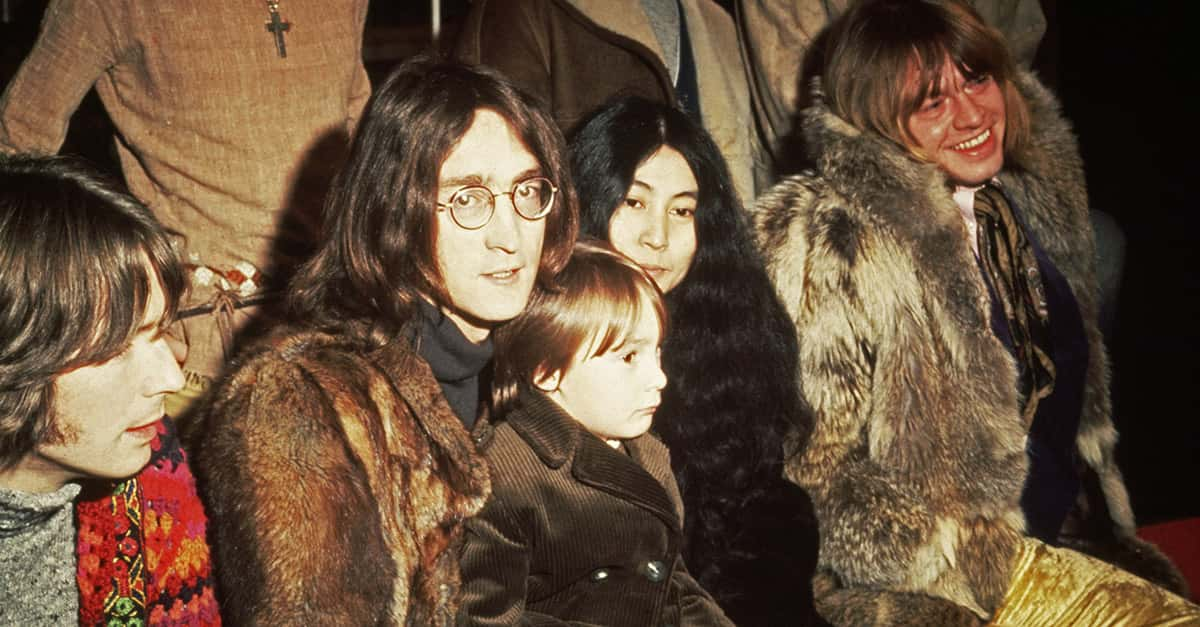Natural disasters, deaths, and raging fires: the world is full of tragedies, and not just the kind you find in Shakespeare plays. Here is a curated collection of facts about some of the greatest and most notable tragedies in history.
1. Drinking the Kool-Aid
In 1978, over 900 members of the People’s Temple Agricultural Project, led by Jim Jones, died in what is now called the Jonestown massacre. These deaths were the result of murder-suicide committed by drinking powdered soft-drink mix combined with cyanide and prescription sedatives. Tragically, many of the group’s members, including at least 89 infants and elderly people, consumed the poisonous mixture.
While many regard the Jonestown deaths as mass suicide, most people don't know that the survivors revealed a dark truth: those that drank the poison actually did so under duress, making the massacre a as mass murder.
2. Don’t Mess With Texas
The deadliest natural disaster in U.S. history was the Galveston hurricane, also known as the Great Storm of 1900. This Category 4 storm hit land in Texas with winds measuring up to 145 miles per hour, resulting in an estimated 6,000 to 12,000 deaths.
3. What’s in a Name
Recent hurricanes to ravage the Caribbean went by the names Harvey, Irma, and Martha. But until 1947, hurricanes and tropical storms did not have official names. That year, the U.S. Air Force started naming them after the phonetic alphabet the military uses to spell out words over the radio. They weren’t consistently given people’s names until the 1950s.
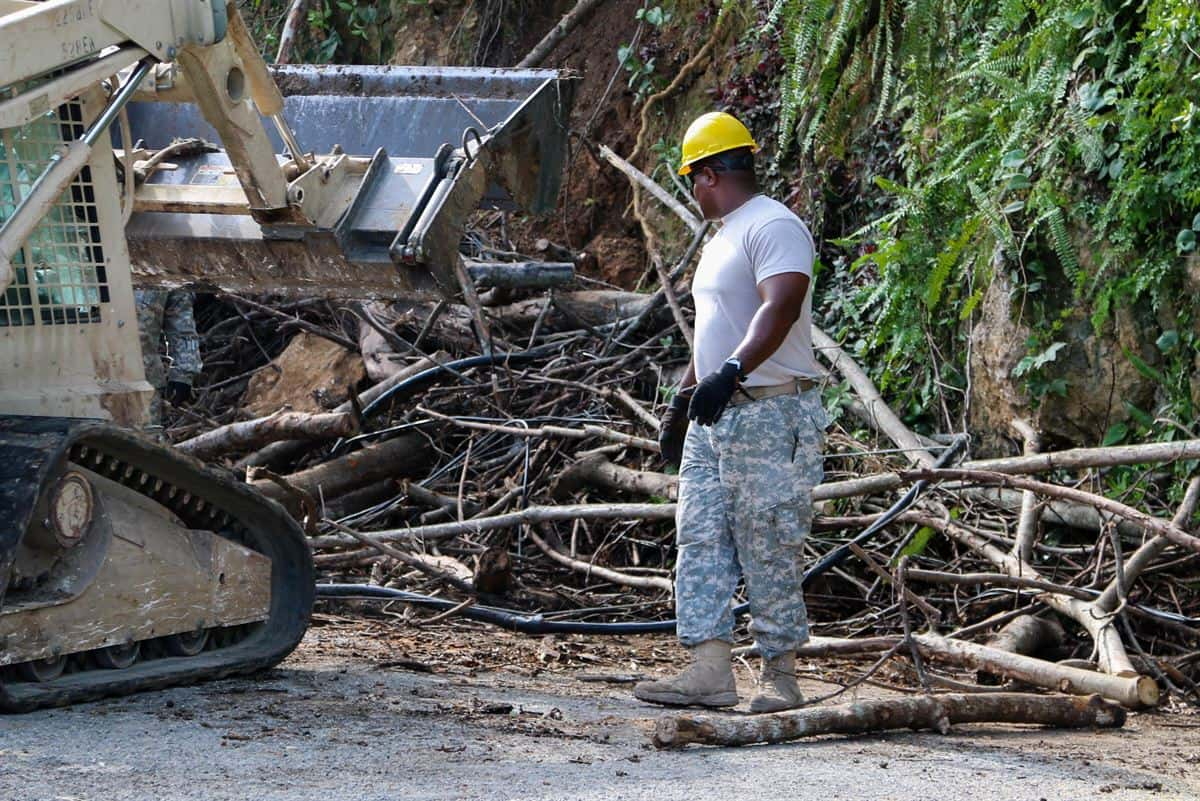 Department of Defense
Department of Defense
4. No Hurricane Juniors
In the case of a particularly deadly or damaging storm, a hurricane’s name is retired indefinitely.
5. Trouble at Sea
The sinking of the USS Indianapolis in 1945 resulted in the largest loss of life at sea from a single ship in the history of the US Navy. The ship was torpedoed by a Japanese submarine during World War II and sank in twelve minutes. Only 317 of the 1,196 crewmen aboard survived.
6. Sugar Rush
The “panic bar” is the device that allows you to open a door by pushing on a bar. It was invented after an incident at Victoria Hall concert venue in England in 1883. 183 children died in a stampede caused by boys and girls who rushed to get the gifts and treats being handed out by performers onstage. The children who rushed to the door were unable to open the bolt, and many were crushed to death.
7. A Rough Night at the Theater
The deadliest incident in a theater, though, was the Iroquois Theatre fire in Chicago in 1903. More than 600 people died, in part because there were no exit signs and no emergency lighting. Other tragic factors that increased the death toll were ornamental doors that looked like exits (but weren’t), and stairways that were blocked with iron gates during performances to keep people with cheap tickets from taking more expensive seats.
8. Illegal in Ireland
Irish folk singer Christy Moore was found in contempt of court in 1985 for his song “They Never Came Home,” about the victims of a fire at the Stardust nightclub in Dublin. Because the song implied that the nightclub owners and the government were responsible for these deaths, the song was banned and removed from Moore’s album. The song’s lyrics are still banned in Ireland as libelous.
9. Hell in Happy Land
The Happy Land fire might have the most ironic name in the history of mass casualties. This fire killed 87 people at the unlicensed Bronx nightclub in 1990 when Julio González set the building on fire after a fight with his ex-girlfriend, who worked coat-check at the club.

History's most fascinating stories and darkest secrets, delivered to your inbox daily.
10. It Went Over Like a Lead Balloon
The most people ever killed in a balloon accident was 19, when a hot air balloon caught fire over Luxor, Egypt in 2013. The passengers were all tourists on a sight-seeing trip. Along with the pilot, a single passenger survived the incident.
 Pixabay
Pixabay
11. A Rough Couple of Years
The period between 1850 and 1873 in modern-day China saw some of the highest death tolls ever recorded. Between imperialist expansion, the Opium Wars, and the Taiping Rebellion, the population dropped by more than 60 million.
12. You Thought the Snowpocalyspe Was Bad
1816 was known as the Year Without a Summer. The eruption of a volcano at Mount Tambora caused a volcanic winter, and snow fell in June. Severe weather across North America, Europe, and Asia caused famine and flooding, which resulted in food riots and disease outbreaks. Fatality rates were twice as high as in other years.
13. Bad Weather Makes Good Monsters
The Year Without a Summer, however, helped to invent some of our most significant modern monsters. A group of writers including Percy Shelley, Mary Wollstonecraft (later Shelley), and Lord Byron had to stay inside during their trip to Lake Geneva because of the bad weather, and they passed the time with a story-telling contest. This was where Mary Shelley started her novel Frankenstein. Another staycationer, John Polidori, began work on The Vampyre, which eventually inspired Bram Stoker to write Dracula.
14. Armed Forces
While the recent mass shooting in Las Vegas has been called the deadliest in US history, several historical tragedies had higher body counts. White Arkansas men lynched up to 237 black sharecroppers in the 1919 Elaine massacre, the deadliest racial conflict in US history. U.S. troops killed anywhere from 60 to 200 Pomo men, women, and children in the Bloody Island Massacre of 1850; and up to 300 Lakota at the Battle of Wounded Knee in 1890.
15. A Streetcar Named Disaster
The worst subway accident in New York City history happened in 1905, when an aboveground train turned too quickly, jumped the track, and fell onto Ninth Avenue. 13 people were killed. The accident happened, eerily, on September 11th.
16. Mother Nature’s Worst Day
The most people ever killed by a natural disaster may be the Shaanxi earthquake in 1556, in modern-day China. This single event killed 830,000 people.
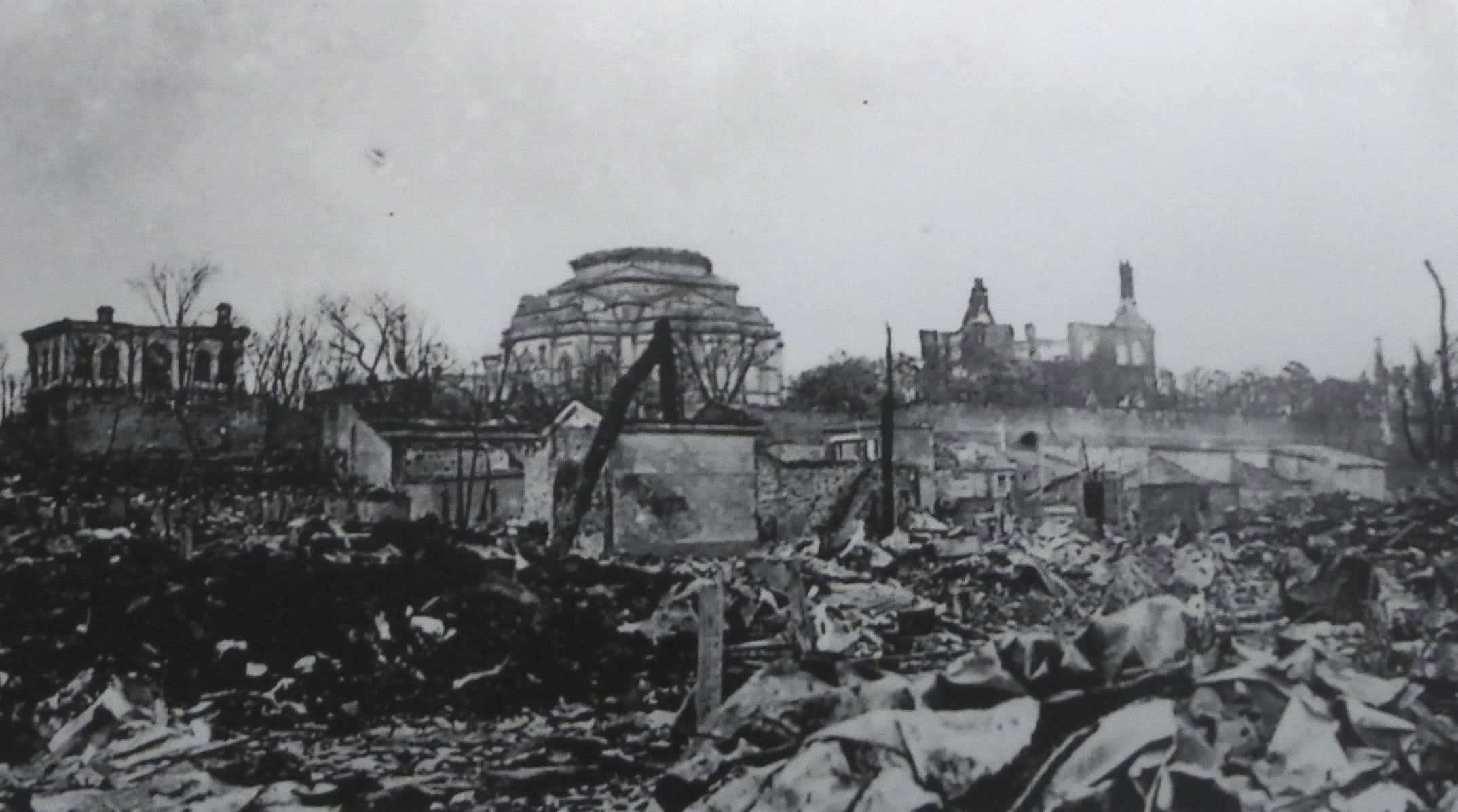
17. Can You Say La Grippe
The “Spanish Flu” was the name given to an 1918 influenza pandemic that killed 500 million people around the world. The name comes from the fact that, while wartime censors suppressed news of the pandemic in the US, the UK, France, and Germany, the press in Spain was free to report on the tragedy. This gave the world a false impression that Spain was hardest hit by the flu—and the name stuck.
18. Smoke Gets in Your Eyes
Since the 1200s, London has had problems with air quality, but in 1952, a severe air-pollution event called the Great Smog of London blanketed the city with yellow-black smoke for four days, making it hard to see more than a few feet. The city nearly shut down, and the smog resulted in up to 12,000 deaths from lung and respiratory tract infections.
19. Not Just a Cherry Poppin’ Daddies Song
While the 1997 neo-swing single is a fun dance tune, the original Zoot Suit Riots were less light-hearted. The series of attacks on Mexican-American teenagers by white servicemen stationed in Los Angeles in 1943 was ostensibly sparked by the fact that the young men’s flashy suits flaunted wartime fabric rationing, but there were also racial motivations.
20. Just the Hali-Facts
The Halifax Explosion of 1917 occurred when a cargo ship carrying explosives collided with another ship in Halifax Harbour, killing 2,000 people and injuring 9,000. It was the largest man-made explosion prior to the development of nuclear weapons, and the standard by which large blasts were measured for many years.
21. Lucky Number Seven
Time magazine reported on the atomic bombing of Hiroshima in 1945 by saying that the bomb’s power was equivalent to seven times the Halifax Explosion.
22. Our Daily Dead
A famine in Malta in 1823 became even more tragic when 110 hungry boys who went to the Convent of the Minori Osservanti to get free bread on the last day of Carnival celebrations fell down a flight of stairs and were crushed to death.
23. The Luckiest Unlucky Man
Clifford Johnson was injured at the deadliest nightclub fire in history, at the famous Cocoanut Grove in 1942. He suffered third-degree burns over more than half his body but survived, and was seen as a medical marvel. After hundreds of operations and nearly two years in the hospital, he married his nurse. In an ironic twist of fate, he burned to death in a car crash in 1958.
24. Flamin’ Hot Sportsball
Sports teams at the University of Illinois at Chicago are nicknamed the Flames, to commemorate the infamous Great Chicago Fire.
25. Dam Unfortunate
The failure of the Banqiao and Shimantan Dams in China in 1975 killed 171,000—the largest dam-related death toll in history.
26. Deadly Defense
In 1871, a lawyer named Clement Vallandigham accidentally shot himself while defending a murder suspect. He was trying to demonstrate that the murder victim could have accidentally shot himself. The client was acquitted, but the lawyer died.
27. The Beheaded Man’s Revenge
A ninth-century Norse earl named Sigurd the Mighty was killed by an enemy he had beheaded hours earlier. He tied the severed head to his horse’s saddle, but on the ride home the man’s tooth scratched his leg. The resulting infection killed the earl.
28. But Not the Last
The first person killed by a robot was Robert Williams, in 1979. The Ford assembly-line worker was hit in the head by a robot’s arm.
29. Dancing in the Dark
400 people in Strasbourg, France were struck by dance madness in the summer of 1518. They were compelled to dance for about a month for no clear reason. Several danced themselves to death.
30. Hands Off
Queen Sunanda Kumariratana of Siam (now Thailand) died when her boat capsized in 1880. Many witnesses stood by, unable to help, because it was a capital offense to touch the queen.
31. Lager Than Life
Eight people were killed in the London Beer Flood of 1814 when a massive vat of fermenting beer burst, filling the streets with over 1,000,000 imperial pints’ worth of beer.
32. High Expectations
An Austrian named Franz Reichelt invented a parachute in 1912 and tested it himself by jumping off the Eiffel Tower. The invention didn’t work, and he died.
33. White Light White Heat
In 1769, lighting struck the tower of the Church of the San Nazaro in Italy, where 207,000 pounds of gunpowder had been stored. The resulting fire killed 3,000 people and destroyed one-sixth of the city.
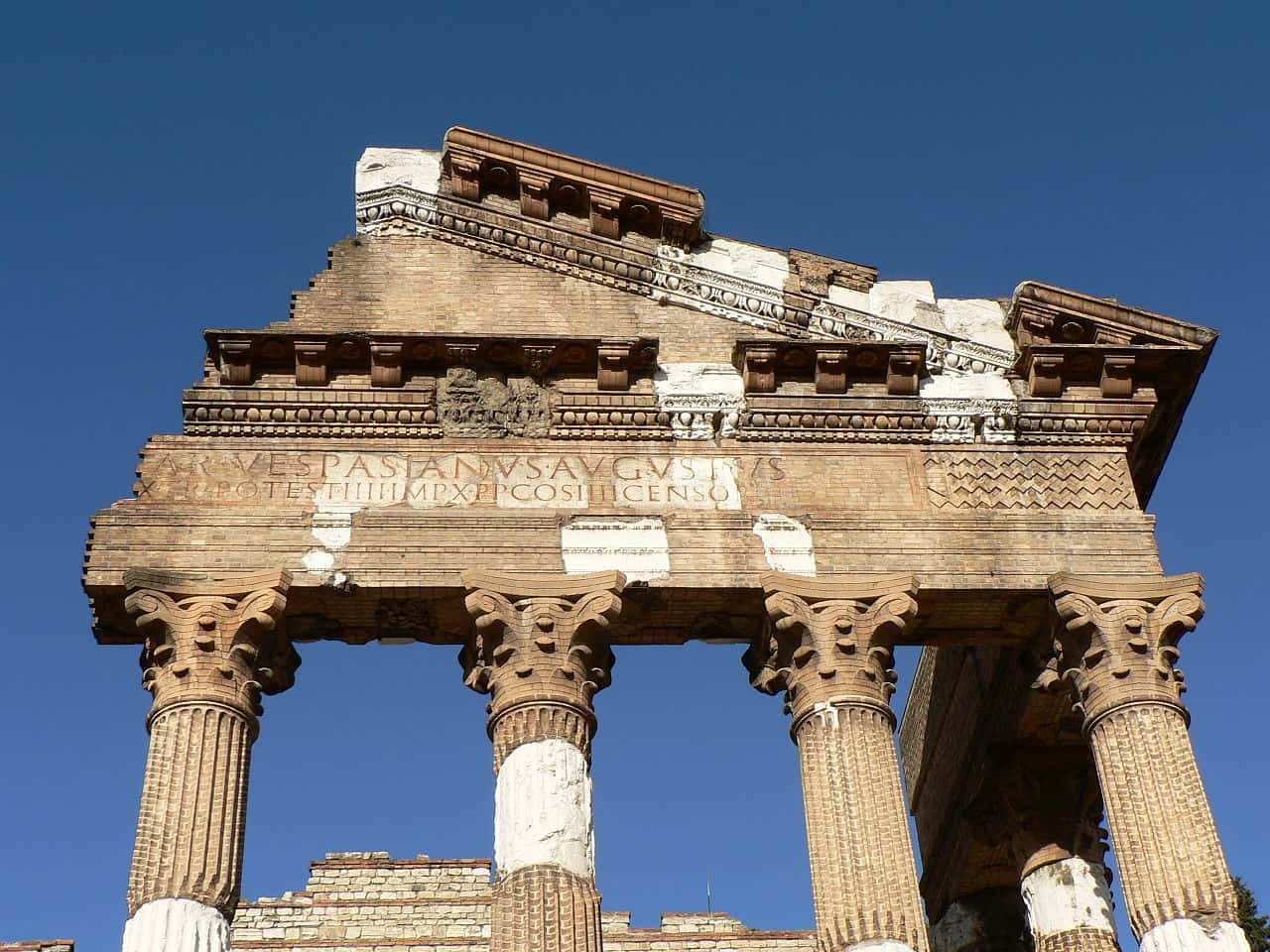 Wikimedia Commons
Wikimedia Commons
34. The Fall of the King
King Albert of Belgium disappeared while rock-climbing in 1934. His body was found, but it wasn’t until 2016 that DNA evidence proved that he died from a fall, putting to bed the conspiracy theories that had existed for decades.
35. A Disarming Crew
Among the people who wrestled the gun away from presidential candidate Robert F. Kennedy’s assassin in 1968 were writer George Plimpton, Olympic gold medal decathlete Rafer Johnson, and former New York Giant Rosey Grier.
36. Aftermath in Ohio
Immediately following the shootings at Kent State University in 1970, when the National Guard fired at and killed four anti-war protestors, 900 university campuses had to be closed due to protests. 100,000 people rioted in Washington, DC, President Nixon was evacuated to Camp David, and the 82nd Airborne was deployed to protect the White House.
37. Unlikely Advocate
When the British soldiers who killed colonists in the Boston Massacre during the American Revolution were tried in court, their lawyer was none other than John Adams, founding father and future president. After being convinced by the court to take the case, Adams persuaded the jury that the soldiers had feared for their lives, reducing the charge to manslaughter.
38. In Your Heeeeeead
The Cranberries song “Zombie” was written in memoriam for two young boys who were killed in a 1993 bombing by the Irish Republican Army in Warrington, England.
39. It Actually Is Rocket Science
Designers of the parts for the Challenger space shuttle, which exploded in 1986, warned that the shuttle shouldn’t have been launched because a seal could come loose in cold weather. NASA officials disregarded the warning, with one asking, "When do you want me to launch—next April?"
40. Survivor
Imagine the odds of being struck by lightning twice. Pretty rare. I'm sure if that happened to you, you'd think you must have been cursed by some sort of vindictive witch.
So imagine the confusion and suffering of Tsutomu Yamaguchi, a Japanese man who survived the bombing of Hiroshima... only to move to Nagasaki and experience that bombing as well.
The torment he must have experienced is beyond belief.
 GettyImages
GettyImages
41. Situation Twenty-One
At the Munich Olympic Games in 1972, a group of armed Palestinians broke into the apartment of Israeli athletes, killing two and taking the rest hostage. The Palestinians then demanded the release of 236 prisoners and a plane to fly them to Cairo. Nearly every detail of this scenario had been foreseen by police psychologist Georg Sieber, who the German government had tasked with coming up with possible Olympic disaster scenarios. Sieber had 26 scenarios; the 1972 events were Situation Twenty-One.

42. He Should Have Accepted the Offer
In 1999, the founders of Google approached Excite CEO George Bell, offering to sell him the search engine for $1 million. When Bell refused, they lowered the price to $750,000, which he also rejected. Today, Google is valued at $365 billion.
43. We’ll Pass
In 2009, Facebook turned down a pair of programmers for jobs. No big deal, right? Must happen all the time at FB HQ....
A few years later, though, the pair developed WhatsApp. Facebook subsequently purchased that venture for a cool $19 billion.
44. Trains Were Too Wide
The French state railway SNCF spent $15 billion on a new fleet of trains, but unfortunately, they were the wrong size, and were too wide for their 1300 platforms. The mistake cost them an estimated $50 million to correct.
 Wikipédia
Wikipédia
45. A Case of Bad Timing
Just over 200 years ago, Napoleon’s army attempted to invade Russia.
Whoops.
A combination of factors spelled doom for the invasion. There wasn't nearly enough food for the soldiers and horses. Poor discipline was rampant in the ranks. And, of course, none of the men were prepared for the unimaginable brutality of a full Russian winter.
It was a devastating failure. Napoleon lost 500,000 troops.
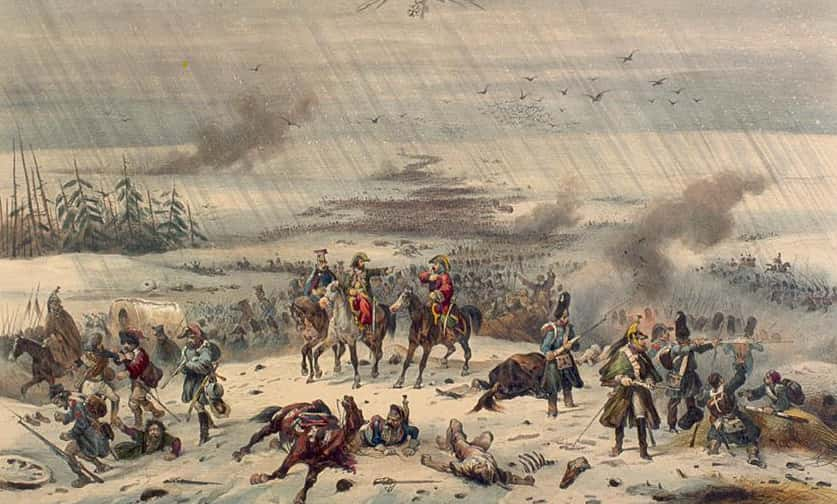 Wikimedia Commons
Wikimedia Commons
46. Infidelity is Expensive
Tiger Woods’s admission of multiple illicit affairs with women cost him his wife, and 750 million dollars. He also lost his sponsorships with Gatorade and others, but even worse, the shareholders of the companies with Tiger Woods endorsements lost an estimate $5 to $12 billion dollars in the wake of the scandal.
47. Gambled and Lost
The Spanish telecom company Terra took a gamble when they purchased the search engine Lycos in 2000 for almost $12 billion. At the time, Lycos was the third most visited site in America... but that was before dot.com bubble burst. In just about a year, most internet companies in America lost millions in value. And Lycos was perhaps the biggest loser.
Terra would eventually sell the search engine in 2004 for just $95.4 million. That's an astonishing loss of $11.6 billion dollars on their investment.
 Wikipedia The "there" in this slogan is obviously bankrupcty court
Wikipedia The "there" in this slogan is obviously bankrupcty court
48. I Accidentally Taped Over It!
Back in the days of data tapes, it was easy to accidentally tape over earlier recordings. Unfortunately for NASA, that’s exactly what they did, and the original tapes of the moon landing were erased and re-used. Luckily, they were able to restore the original broadcast, and offer the world a glimpse of the historic event.
The admission that NASA accidentally erased the original footage had fed rocket fuel to conspiracy theorists, who already believed the entire lunar program that landed people on the moon six times between 1969 and 1972 was staged on a Hollywood set.
49. The Worst Nuclear Accident in U.S. History
The nuclear meltdown at Three Mile Island in March of 1979 was the result of mechanical failures that were made worse by poor training and oversights in the human-computer interaction design. It was the most significant nuclear disaster in U.S. commercial nuclear power plant history.
There are conflicting reports on the cost of the disaster, with some sources stating that the radiation exposure wasn't significant enough to result in additional cancer deaths, while others insist that thousands of additional deaths have been observed.
50. Loss of Cultural Knowledge
The Great Library of Alexandria was one of the largest and most significant libraries of the ancient world, and was dedicated to the Muses--the 9 goddesses of the Arts.
The burning of the library resulted in an irreplaceable loss of knowledge and literature.
51. Don’t Drink and Steer
In 1989, an Exxon oil tanker was headed to California when it ran aground on the Bligh Reef off the Alaskan coast. The tanker spilled around 760,000 barrels of oil into the water, and the captain was later accused of being drunk at the time of the accident. He was convicted of negligent discharge of oil.
52. Is That Leaning?
The Leaning Tower of Pisa is a free-standing bell tower in the city of Pisa Italy.
The tower is famous for its lean, but that wasn’t by design. The foundation for the tower was built on ground that was too soft to support its weight, and it started to lean during construction.
53.Threw Away Millions
A lottery winner in England lost 181 million dollars when her husband accidentally threw away her winning ticket. The woman knew the announced numbers were hers, because she always wrote them down on a separate sheet of paper before giving the ticket to her husband.
54. Brought Down by Foam
On Feb 1, 2003, the Space Shuttle Columbia disastrously disintegrated on re-entry, killing all seven crew members. Back when the shuttle launched, a piece of foam fell from the shuttle’s external tank and punctured the shuttle’s wing, causing damage that made the rocket unable to withstand re-entry. NASA knew about the problem when it occurred, and came under scrutiny for their negligence.
 Wikimedia Commons
Wikimedia Commons
55. Cutting Corners
In April of 2010, a BP oil rig burst in the gulf coast, pushing nearly five million barrels of oil from the well. It was eventually determined that years of BP favoring speed over safety and cutting corners were the true causes of the accident.
56. Couldn’t Corner the Market
Yasuo Hamanaka, the former chief copper trader at Sumitomo in Japan attempted to corner the market (get enough market share to manipulate the price) on copper back in 1996.
Before prices dropped and the scheme collapsed, Sumitomo controlled as much as 5% of the world’s copper. He was known as "Mr. Copper" because of his aggressive trading style. On June 13, 1996, Sumitomo Corporation reported a loss of US$1.8 billion caused by unauthorized copper trading by Hamanaka on the London Metal Exchange. It was later revealed that the true losses caused by Hamanka totalled $2.6 billion dollars.
57. Should Have Prepared for Winter
In June of 1941, Hitler was riding high on his victories, and was determined to claim the Russian territories to fulfill Germany’s destiny. Convinced that he would easily win, he ignored the warnings of his military, and reportedly told them that “We have only to kick in the front door and the whole rotten Russian edifice will come tumbling down." Thanks to some strategical miscalculations on Hitler’s part, and their unpreparedness for Russian winter, the German soldiers were eventually forced to retreat.
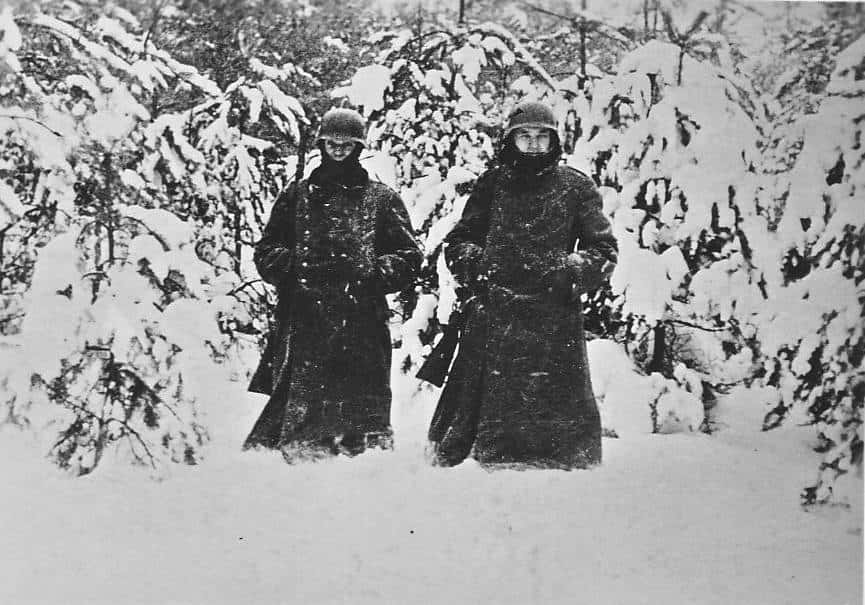 Wikimedia Commons
Wikimedia Commons
58. That’s Not the System We Used!
A group of Lockheed engineers used Imperial units of measurement to build the Mars Orbiter, but the rest of the team used Metric. The use of two different systems caused the spacecraft to approach Mars on a trajectory that brought it too close to the plane. It disintegrated as it passed through the upper atmosphere. The mistake cost NASA approximately $125 million back in 1999.
59. Guitar Groups are Out
Dick Rowe, an A&R man at Decca Records at the time of the Beatles’ audition, is known in history as "the man who turned down the Beatles." Sources that after Rowe first heard the Fab Four, he told their manager that “Groups with guitars are on their way out.”
After their rejection, he went on to sign the Rolling Stones, and several other famous groups, but missing out on the Beatles was a big one: The Beatles have sold 600 million albums worldwide and 177 million in the United States alone.
60. They Defeated Themselves
On September 18, 1788 during the Austro-Turkish war in the town of Karansebes, a group of Austrian soldiers bought some Schnapps from a band of Gypsies, got drunk, and began to shout that the Turks were coming.
Mass confusion ensued (partly due to language barriers), panicked soldiers began shooting at the supposed "Turkish invaders" and by the morning, 10,000 of their own soldiers were dead. With Friends like that, who needs enemies?
61. Safety First.
Oil workers on the Piper Bravo Oil Rig were evacuated after an explosion killed 167 of the 226 men working on the rig in July of 1988. A safety inspector forgot to replace a valve after a routine check, and when a worker (unaware that a valve was missing) pushed the start button, gas leaked out.
62. Poked the Wrong Bear
The Sultan of the Khwarezm Empire in present-day Turkmenistan, Uzbekistan, Afghanistan, and Iran had agreed to a trade treaty with Genghis Kahn, but when the caravan arrived, the Governor of Otrar seized the goods, and had all but one of the merchants killed.
Kahn then sent a delegation to the Shah to demand punishment, and he responded by shaving the heads of the ambassadors, and sending the interpreter home headless. Kahn retaliated by invading and conquering Otrar.
63. A Not So Controlled Burn
In 2000, the Cerro Grande fire in New Mexico began as a controlled fire, but high winds and drought caused the fire to spread out of control. The fire burned for more than a month, destroying 48,000 acres, and displacing more than 400 families.
64. Blind Belief
The triple meltdowns at the Fukushima Number 1 power plant occurred largely because despite warnings that the aging plants would not withstand a major disaster, the Japanese government had blind belief that the plants were so safe, and that a disaster of that magnitude was impossible. The accident will take an estimated 40 years and billions of dollars to clean up.
65. They Should Have Listened
Stop me if you've heard this one...
In April 1912, the largest passenger ship ever built began its maiden voyage across the Atlantic from England to New York. It would never finish the trip.
The Titanic was called "unsinkable". It wasn't. The ship sank in the early morning hours of April 15, after crashing into an iceberg and taking on water.
Long before the actual incident, the Titanic's crew received warnings about icebergs in the area. In the interest of saving time, the warnings were ignored. That mistake claimed the lives of 1,517 people.
66. Billion-Dollar Write-Down
Sony thought that they were making a smart purchase when they scooped up Columbia Pictures for 3.4 billion dollars in 1989. The cost of the deal increased when they had to spend $200 million on another production company, and another $500 million to settle a lawsuit. In the end, they were forced to take a 3.2-billion-dollar write-down on the acquisition.
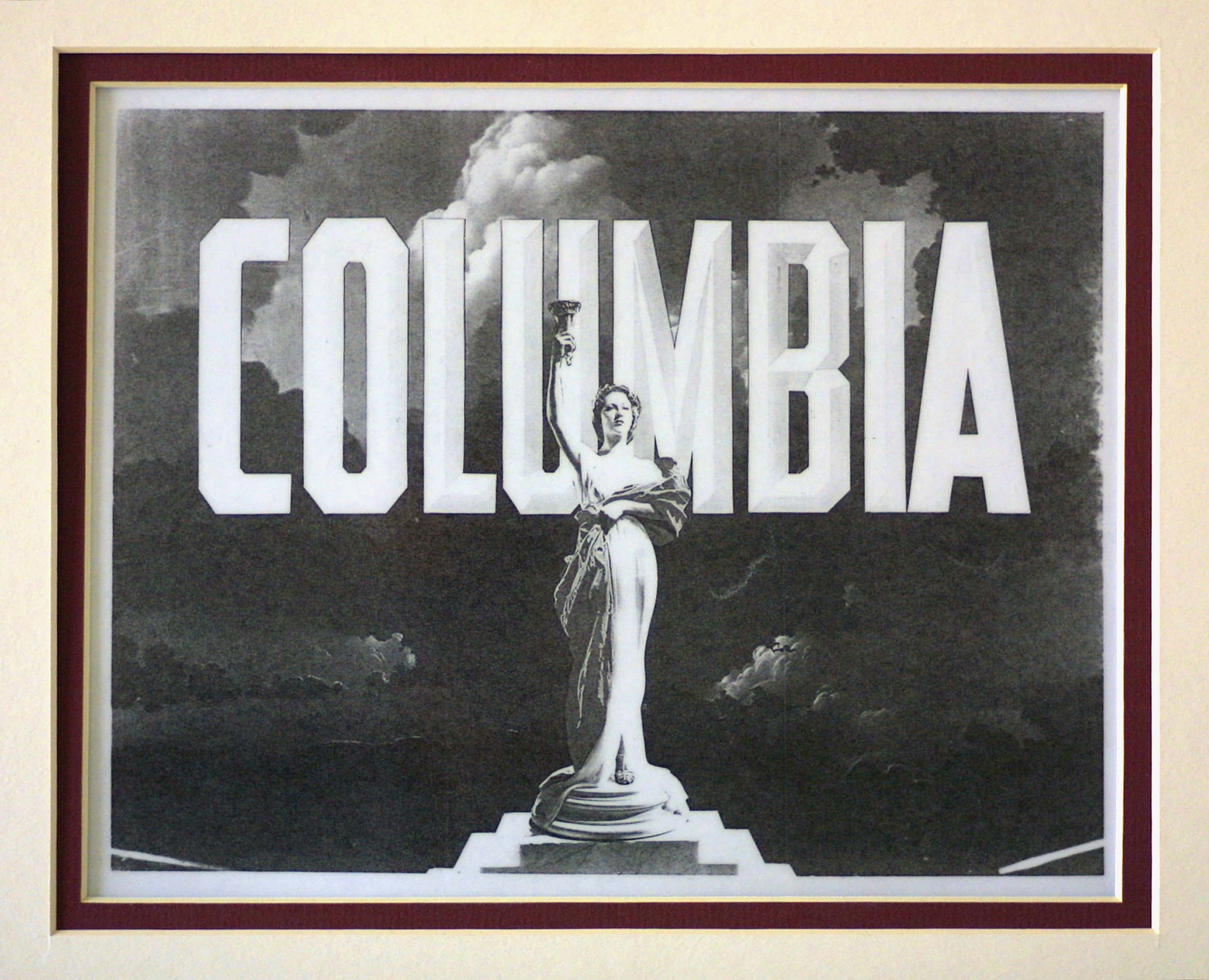
67. They Thought It Was Useless
Dutch navigators extensively explored Australia almost a century before Captain James Cook claimed it for Great Britain in 1770, but they chose not to settle there because it failed to live up to their expectations. The island had been fabled to be overflowing with gold and giants, and they were disappointed by the seemingly barren coastline.
68. Equipment Failure
America’s most expensive jet was destroyed on a practice flight in Guam when faulty sensors caused the plane to stall on take-off and crash. Luckily, both pilots were able to eject safely.
69. They Wished They’d Kept It
At the end of the Crimean war, Russia was weakened and had very little money, and they knew that Britain could simply take over their Alaskan territory if they wished. As far as the Czar was concerned, it was just a useless piece of barren land, so he decided to sell it to the United States, rather than lose it to their British enemies. Neither party knew about the gold and petrol that lay beneath the land. If they had, Russia likely wouldn’t have sold it for 2 cents an acre.
70. There Was No Feast
In 1532, Conquistador Fransisco Pizarro lured the Inca ruler Atahualpa to a supposed feast in his honor. It turned out to be a trap. Pizarro’s men massacred 80,000 Inca warriors, and captured Atahualpa, forcing him to convert to Christianity before killing him.
71. An Unsuccessful Merger
Unfortunately for Mercedes Benz, their 1998 merger with Chrysler failed to work out as planned, and less than a decade later in 2007, Mercedes sold the company for $7 billion- about $13 billion less than they’d paid for it.
72. Hydrogen Is Flammable
The Hindenburg disaster marked the end of the airship era, killing 35 passengers, and one member of the ground crew. The airship caught fire because of a spark that ignited leaking hydrogen. As the Germans discovered, hydrogen is an extremely flammable and dangerous substance, and using it to fill airships perhaps wasn’t the smartest idea.
73. Fire and Blood
A Hunter was responsible for starting the biggest fire in California’s history back in 2003. He lost a lit signal flare near the San Diego County Estates, and the fire spread. Close to 300,000 acres and 2,322 homes were destroyed. 14 people also lost their lives.
74. Who Left the Gate Open?
Forgetting to close a gate isn’t normally that big a deal--unless you’re the unfortunate Roman who forgot to close the Kerkoporta Gate at Constantinople. That unfortunate soul single handily lost a siege.
You see, the walls of Constantinople were generally regarded to be impregnable, which contributed to a sense of confidence and security for the Roman defenders, who were under siege by a much larger Ottoman force.
So when one Roman guard managed to leave the gate open at night, a group of 50 Ottoman soldiers was able to sneak in under cover of night, slaughtering the Roman guards and raising their flag on the walls. This caused panic in the Roman ranks, who were left with the impression that the city had somehow been conquered overnight. The resulting loss of morale helped the Ottomans to actually conquer and loot the city with a subsequent invasion.
75. Abandoning the Navy
500 or so years ago, China had one of the greatest seafaring fleets in the world. They boasted 5 times the size of those being built in Europe.
By 1525, the entire fleet had been destroyed. Chinese elites urged the government to destroy their own fleet, concerned about the rising status of the middle class who had benefited from the international trade that the "Treasure Fleet" enabled. The vessels were either set aflame, or left to rot at port. Economists believe this act crippled China's economy and drastically reduced their world influence.
76. Serial Infidelity
Mining Magnate Dmitri Rybolovlev allegedly slept with other women on his yacht, leading his wife to accuse him of "serial infidelity." The divorce battle that ensued forced him to sell assets to raise cash for the settlement.

77. A Fatal Wrong Turn
Who would have imagined that a wrong turn could start a world war. That’s what happened on June 14, 1914, when the Archduke Ferdiand’s driver made a wrong turn. He turned down the road where the assassin Gavrilo Princip was enjoying a sandwich. The driver, realizing his mistake, slammed on the breaks and caused the car to stall, which gave Princip the opportunity to fire into the car at close range.
78. Great Ideas That Didn’t Work
In 1957, Ford introduced the Edsel.
The car was a massive gamble. For a year before its release, Ford spent millions on a teaser campaign, which billed the as-yet-unseen Edsel as the car of the future.
Turns out, it wasn't.
The car was introduced with fanfare and excitement... but Ford would stop production in 1959, just two years after the initial sale. Unfortunately for Ford, it failed to live up to the hype created by their advertising campaign. The whole debacle cost them an estimated $250 million.
79. A Strategical Error
The U.S. had three aircraft carriers assigned to Pearl Harbor at the time of the Japanese attack, but they had been displaced on missions on the day of the bombing. The Japanese had received intelligence that the carriers weren’t there, but decided that it wasn’t important. This turned out to be the wrong decision, as those aircraft carriers later helped the U.S. win the war against Japan.
80. A Flaw in the Design
On 26th April 1986, engineers at the V.I. Lenin Nuclear Power Station, a Soviet facility, were testing a new cooling system designed to reduce the risk of a meltdown. Their test caused a meltdown, and the resulting explosion destroyed Chernobyl’s reactor 4. The Chernobyl Forum predicts that the eventual death toll could reach 4,000 among those exposed to the highest levels of radiation. That said, what many people don't know is that the plant actually remained a fully-functioning power plant for years after the disaster. The disaster destroyed reactor 4, but reactors 1-3 remained open for business. Due to high levels of radiation, plant employees could no longer live beside the facility, but many continued to commute to work to supply power in Europe. The final reactor only ceased operating in 2000.
81. Lost His Hard Drive
In 2009, James Howells bought 7500 bitcoins when they weren’t worth anything, and by 2013, they had risen to a value of 613 British pounds, giving him a multi-million dollar portfolio. The only problem was that he’d thrown away the hard drive where the bitcoins were stored. When he realized his mistake, he went to the landfill to try and recover it, but he was unable to locate it.
82. A Costly Spelling Mistake
The British government was sued for £9 million after a clerical error resulted in the wrong company being recorded as in liquidation. Companies House mistakenly mistook a 124-year-old Welsh company called “Taylor and Sons” for a bankrupt company “Taylor and Son” due to a clerical error that inserted an extra ‘s’ onto a liquidation notice. The mistake cost 250 people their jobs.
83. Too Easy to Copy
When Quaker purchased Snapple for $1.4 billion in 1994, their goal was to sell it in every grocery store in the country. But Snapple was so successful in the smaller brand-name grocery stores that companies like Pepsi and Coca-Cola made their own copycat brands. Quaker sold Snapple after just three years for significantly less than what they paid.
84. Didn’t Understand the Food Chain
From 1958-1962, Chairman Mao Zedong China launched the “Four Pests Campaign,” which would exterminate rats, flies, mosquitoes and sparrows. What they didn’t realize was that sparrows ate a large number of insects. Without the sparrows to eat them, locust populations grew, and created an ecological imbalance that exacerbated the Great Chinese Famin, which resulted in 15-30 million deaths. That's right, when Chairman Mao Zedong ordered the extermination of sparrows, he accidentally sentenced 15 million citizens to death, all because he didn't realize that sparrows were mission critical for pest control.
85. A Fat Finger Trade
A Japanese trader cost his company nearly $2 million when he accidentally sold 610,000 shares for 1 yen, instead of 1 share at 610,000 yen. It was a “fat-finger keyboard error”, a mistake in which a trader places a buy/sell order at a far greater size than intended.
86. You Can’t Dock Here!
When a storm caused one of the 12 oil tanks on the MV Prestige to burst, the captain called for help from Spanish rescue workers, expecting to bring the vessel into harbor before it sank. Because the Spanish, French, and Portuguese governments refused to allow the ship to dock in their ports, the ship eventually split in half and sank, releasing over 20 million gallons of oil into the sea.
87. No Heir, no Empire
Alexander the Great succeeded in forging the largest Western empire of the ancient world-- only for it to fall apart because he never named an heir.
Shortly before his death, Alexander was asked who should succeed him. He responded simply, “the strongest"... as though that was a helpful answer.
As it turns out, men who've spent their lives conquering much of the known world tend to be a little competitive. Upon his death, Alexander's generals immediately vied to fill the power vaccuum... leaving his carefully crafted empire to crumble.
88.Houston We Have A Mistake
Approximately 17% of Americans were watching on the morning of January 28, 1986, as the Space Shuttle Challenger launched toward space. On-board were 6 NASA astronauts, as well as Payload Specialist Christa McAuliffe, who was set to become the first teacher in space.
Tragedy struck just 72 seconds after liftoff. Gasses in the external fuel tank mixed, exploded, and tore the shuttle apart, killing all 7 crew members.
Prior to the disaster, the builder of the solid-rocket boosters, advised NASA that they believed the O-ring seals in the solid-rocket boosters could fail at extremely low temperatures. On the day of the launch, the temperature was 15 degrees colder than any previous launch in history.
89. Rejected Harry Potter
J.K. Rowling’s literary agency received 12 rejections for Harry Potter. When the 8-year-old daughter of an editor at Bloomsbury demanded to read the rest of the book, Bloomsbury finally agreed to publish it... but also advised Rowling to "get a day job" as there was little chance of making any money with children’s books.

90. Lennon and McCartney
When The Beatles broke up, the already-rocky relationship between Paul McCartney and JOhn Lennon became more fraught. Throughout the 70s, the pair rarely spoke, occasionally reuniting for brief periods. Although they'd left things in a good place during their final phone call, this was something the public didn't know, and so, when Lennon was murdered, reporters swarmed McCartney for a quote. Distraught, he was only able to say "It's a drag."
He was criticized for being flippant about his friend's death, but he later revealed his true feelings about the loss, saying: “The last telephone conversation I had with him we were still the best of mates. He was always a very warm guy, John. His bluff was all on the surface. He used to take his glasses down, those granny glasses, and say, "it's only me." They were like a wall you know? A shield. Those are the moments I treasure.” He said on the night that Lennon died, he went home to his family and watched the news coverage, spending the whole night crying.
91. Margaret Tudor
Margaret Tudor was widowed in 1513 when her husband was slain by forces commanded by her own sister-in-law. A year later, she eloped with a new man—but the union would soon turn into a living nightmare. When she married the Earl of Angus, she gave up her right to regency in Scotland and had to flee back to England with the help of her brother Henry VIII. When Margaret returned after a year to be with her husband, she made a disturbing discovery: he’d already begun living with another woman...and he was paying for his new life with Margaret’s money.
92. In the Flower of Her Youth
On December 20, 2009, rising Hollywood star Brittany Murphy died at the tragically young age of 32. While the cause of death was originally listed as natural causes, a subsequent report blamed her death on “a combination of pneumonia, anemia, and prescription and over-the-counter drugs.”
Five months after Murphy’s death, her husband, Simon Monjack, died in the same bedroom that Murphy had been in. In a disturbing coincidence, the cause of his death was also listed as pneumonia and anemia.
93. Friends in Strange Places
Before her execution in February 1554, Jane Grey (England's "9 Day Queen") was given three days to convert to Roman Catholicism in order to “save her soul.” Mary even sent her own chaplain to convince Jane. While Jane refused to “repent” her devout Protestant beliefs, she did befriend this man and let him escort her to death.
A devoted learner until the end, Jane asked her executioner if he was going to take off her head before she could kneel down. He replied, “No, madam.” Blindfolded, she then fumbled a bit—as awkward teenagers do—to find the block with her hands and cried, “What shall I do? Where is it?” A deputy helped guide her. Right before her head was struck off, Jane drew her last words—the same last words of Jesus Christ in Luke: "Lord, into thy hands I commend my spirit!" and then died on 12 February 1554. She was 16 or 17 years old.
The alleged ghost of Jane Grey has made several appearances at the Tower of London. Her most famous reported sighting was in 1957, when two guards say they spotted a phantom woman walking above the battlements. Since then, her ghost is said to pop up around the time of her death’s anniversary.
Sources: 1, 2, 3, 4, 5, 6, 7, 8, 9, 10, 11, 12, 13, 14, 15, 16, 17, 18, 19, 20, 21, 22, 23, 24, 25, 26, 27, 28, 29, 30, 31, 32, 33, 34, 35, 36, 37, 38, 39, 40, 41, 42, 43, 44


